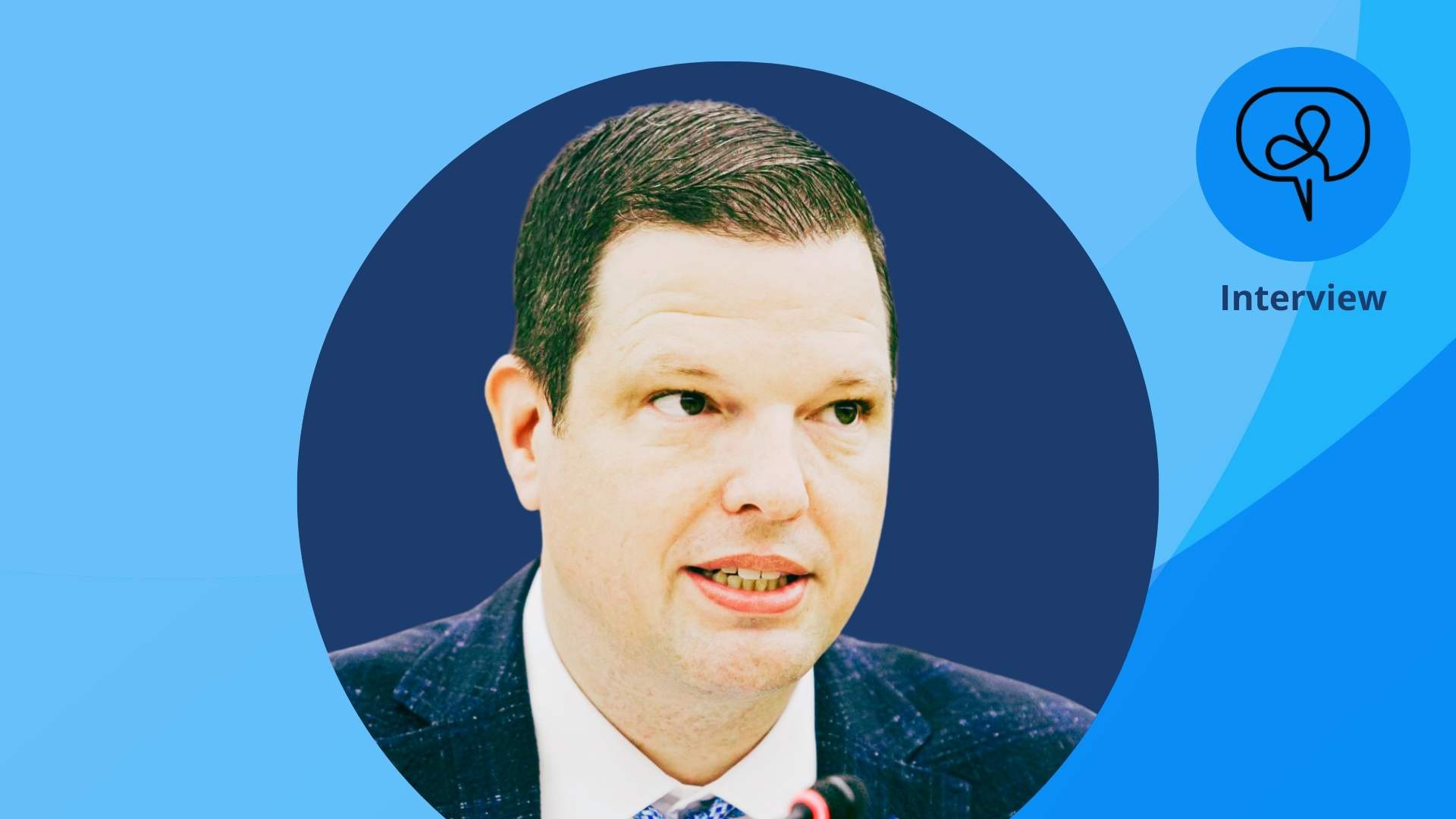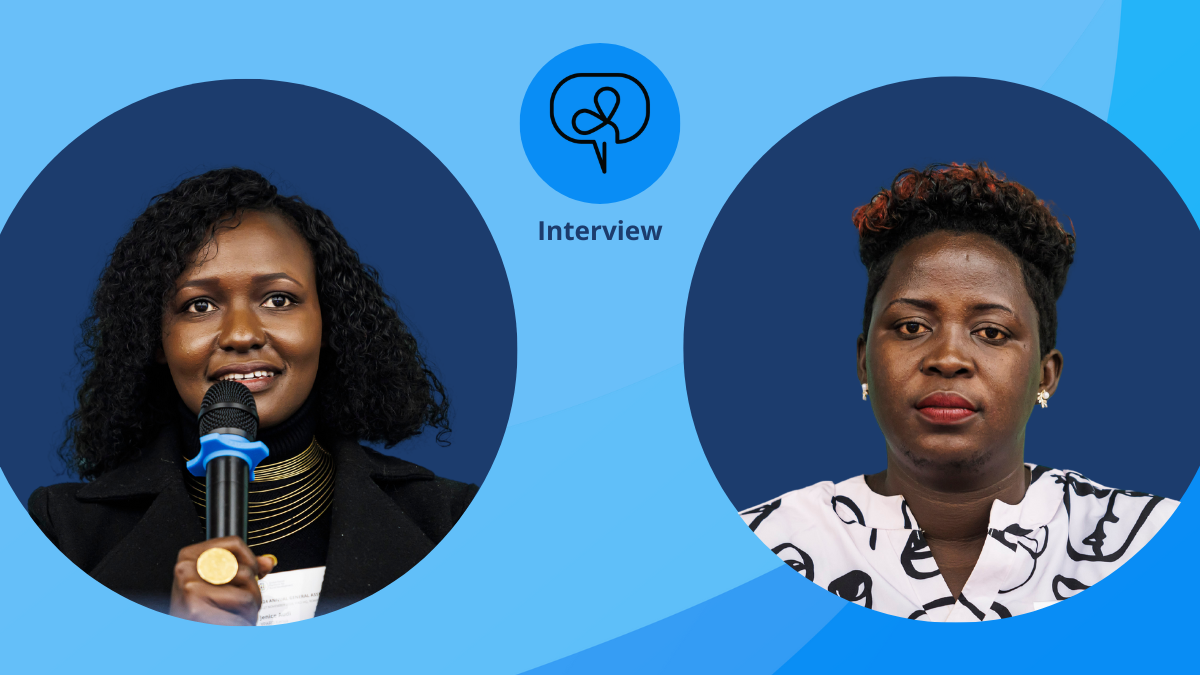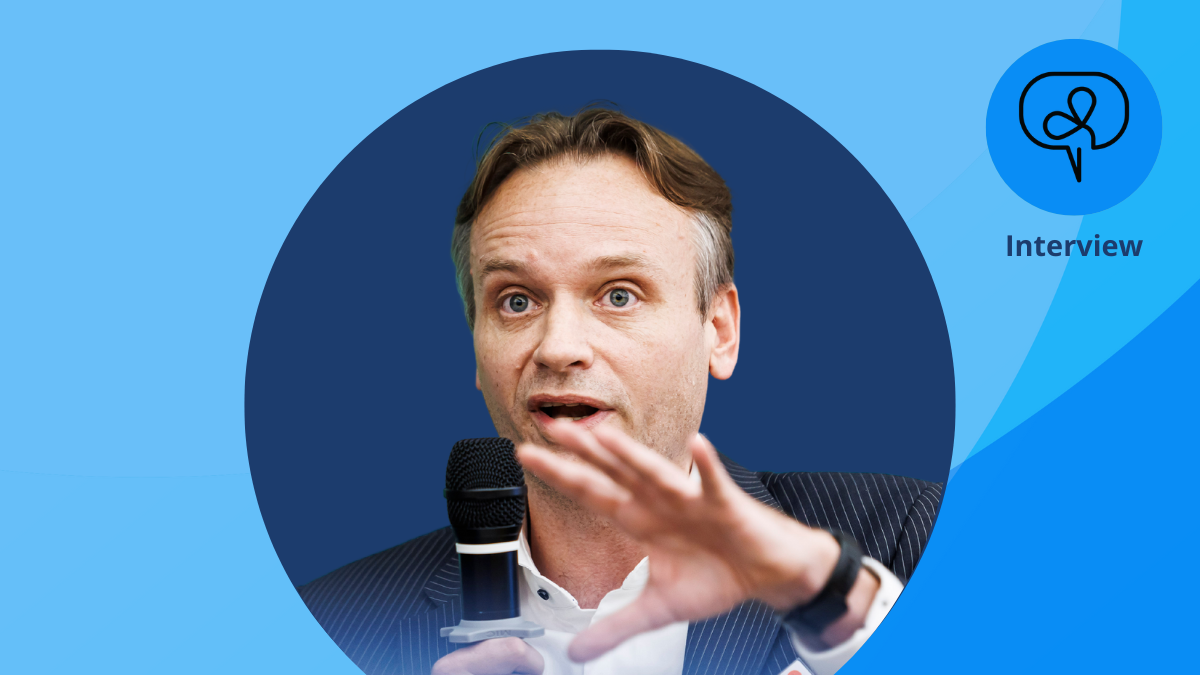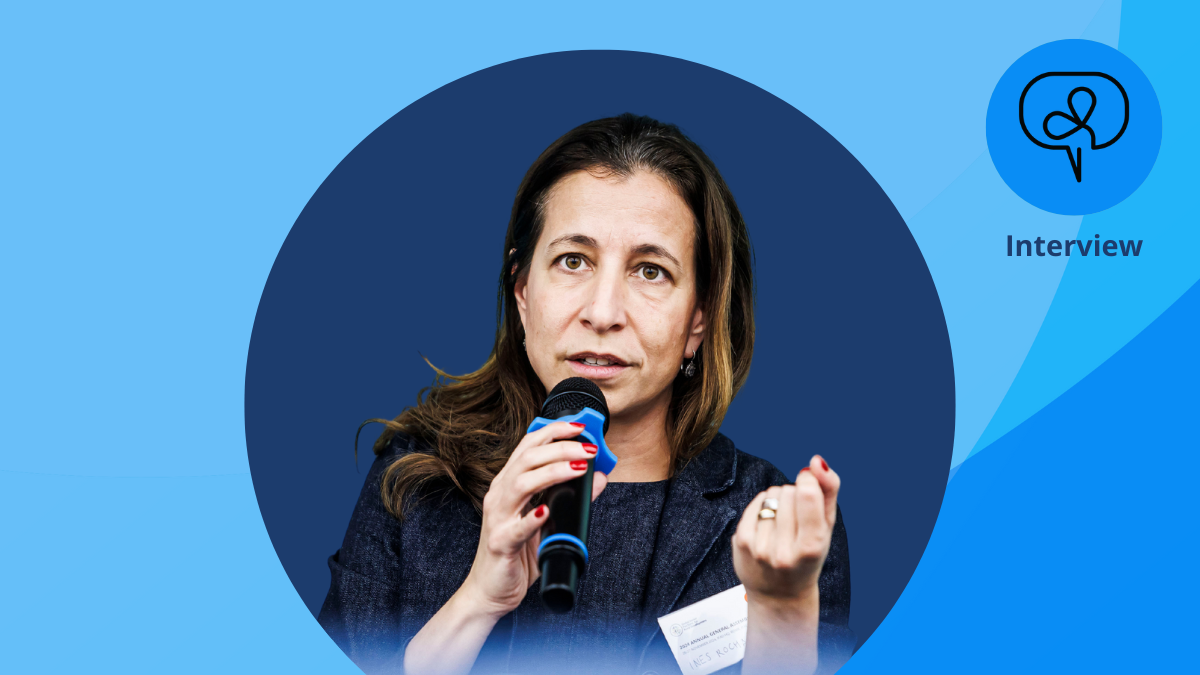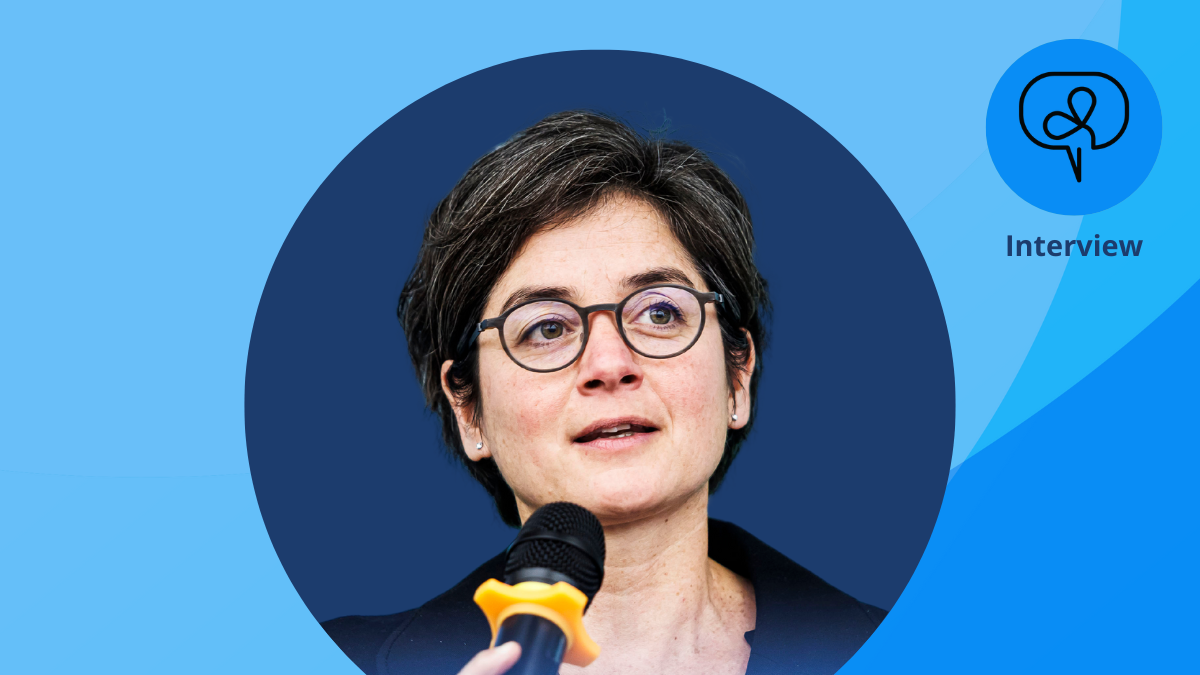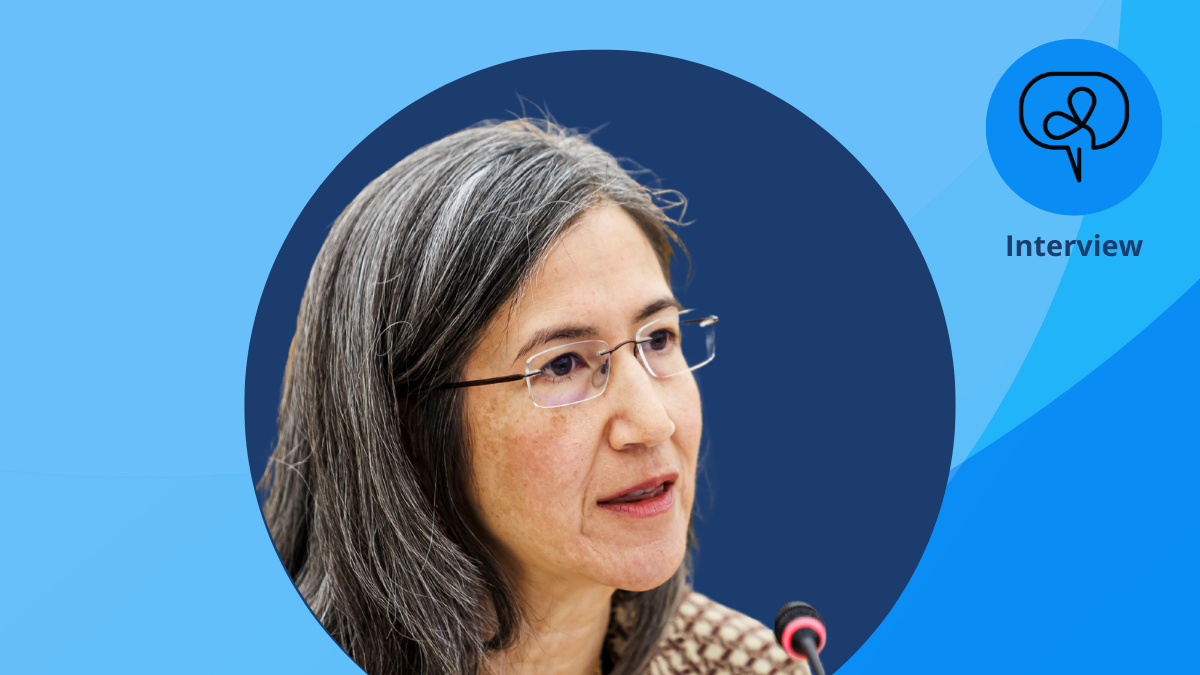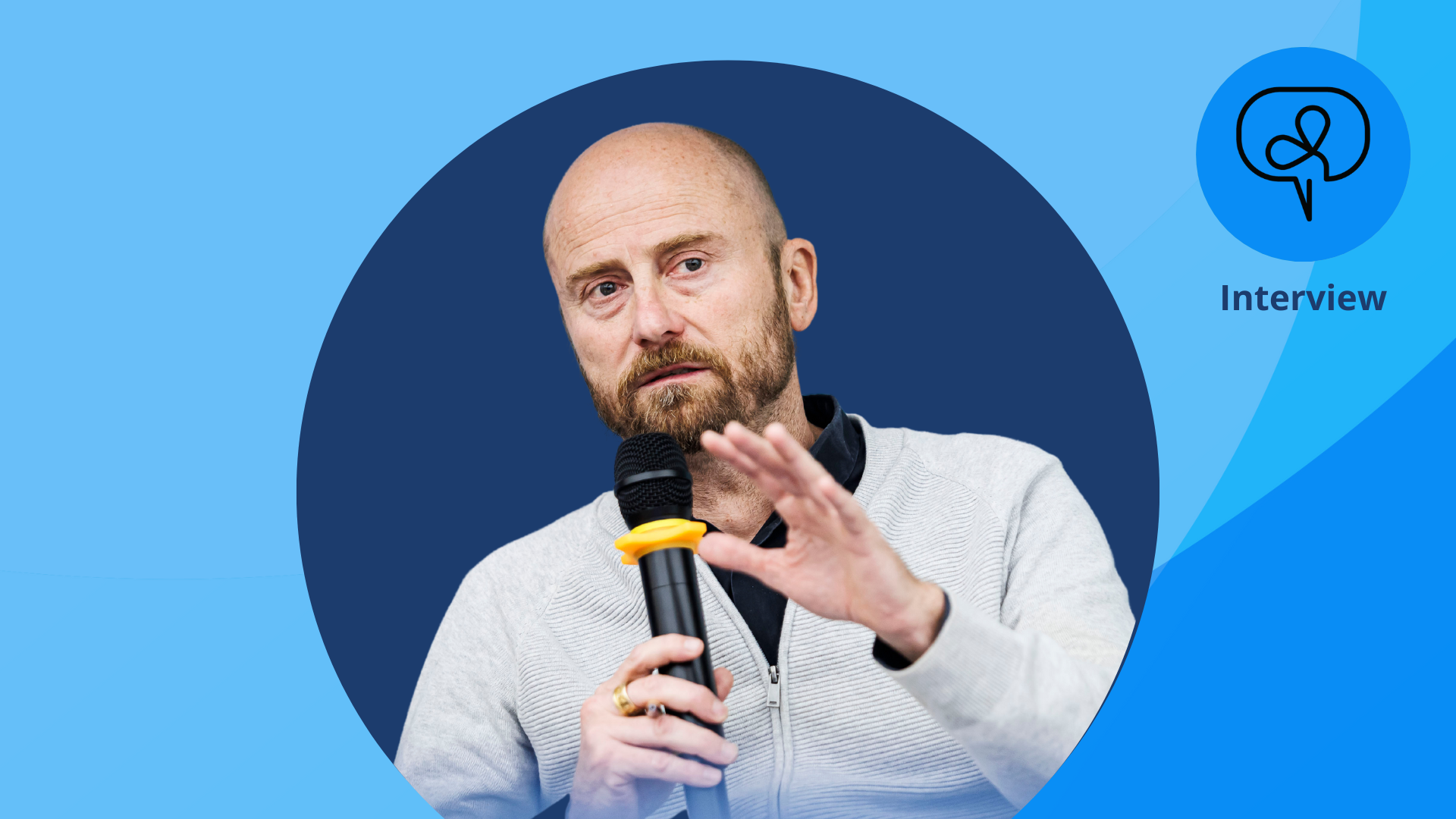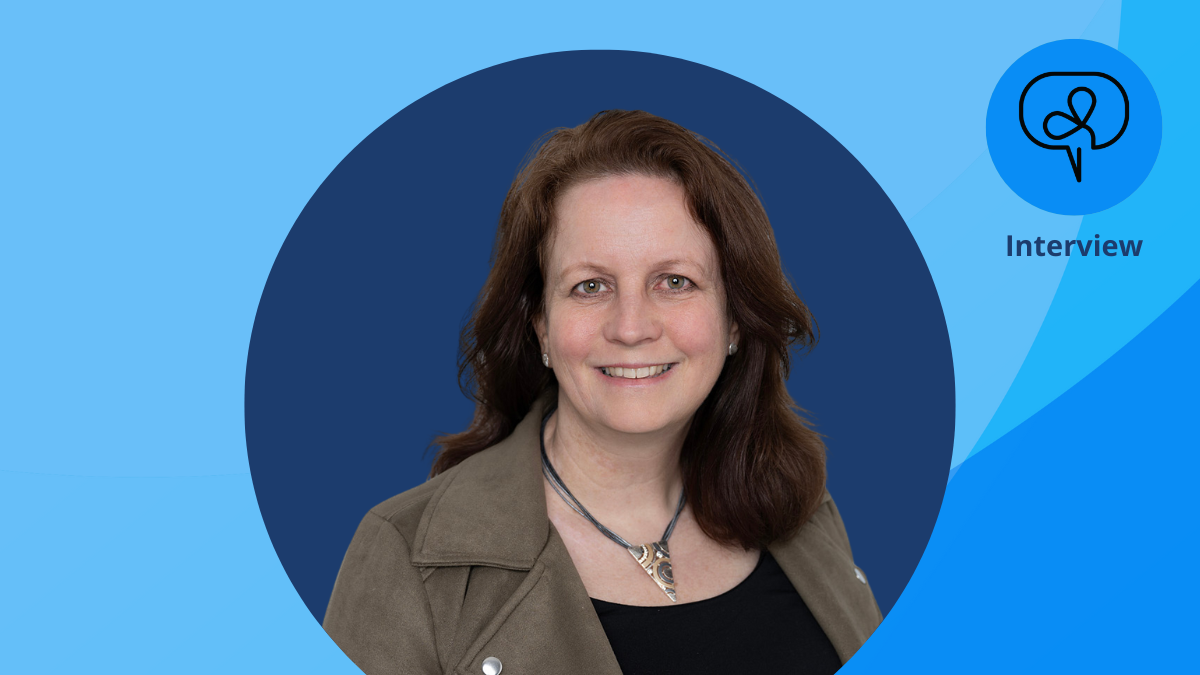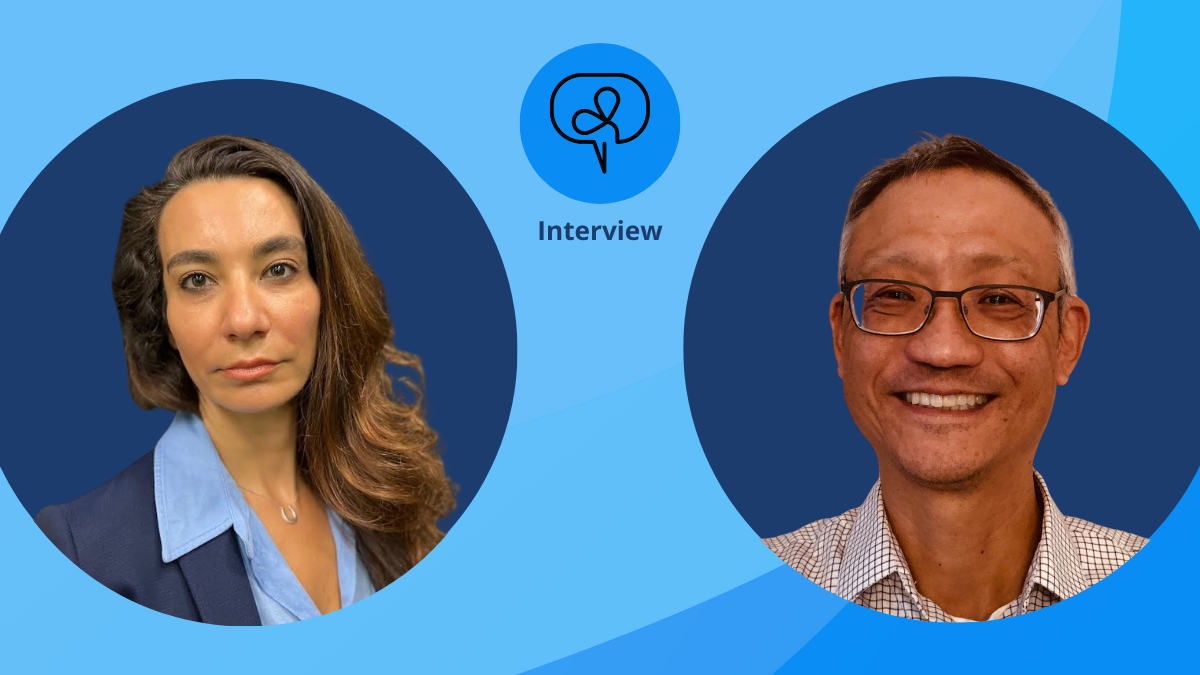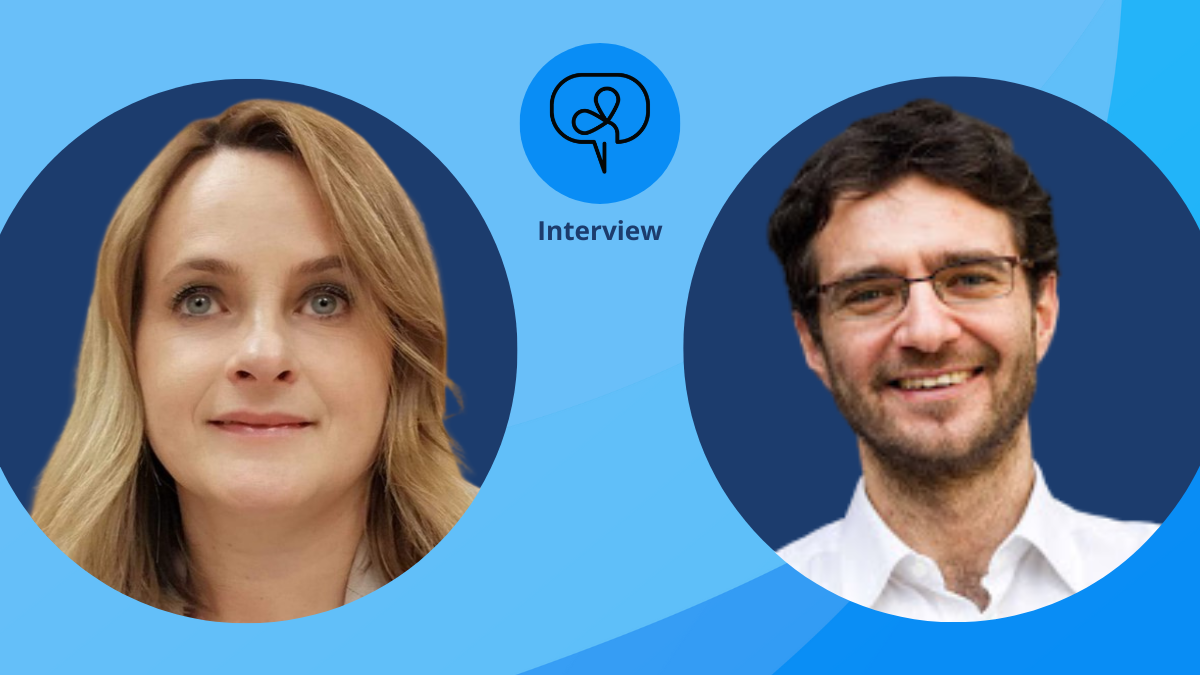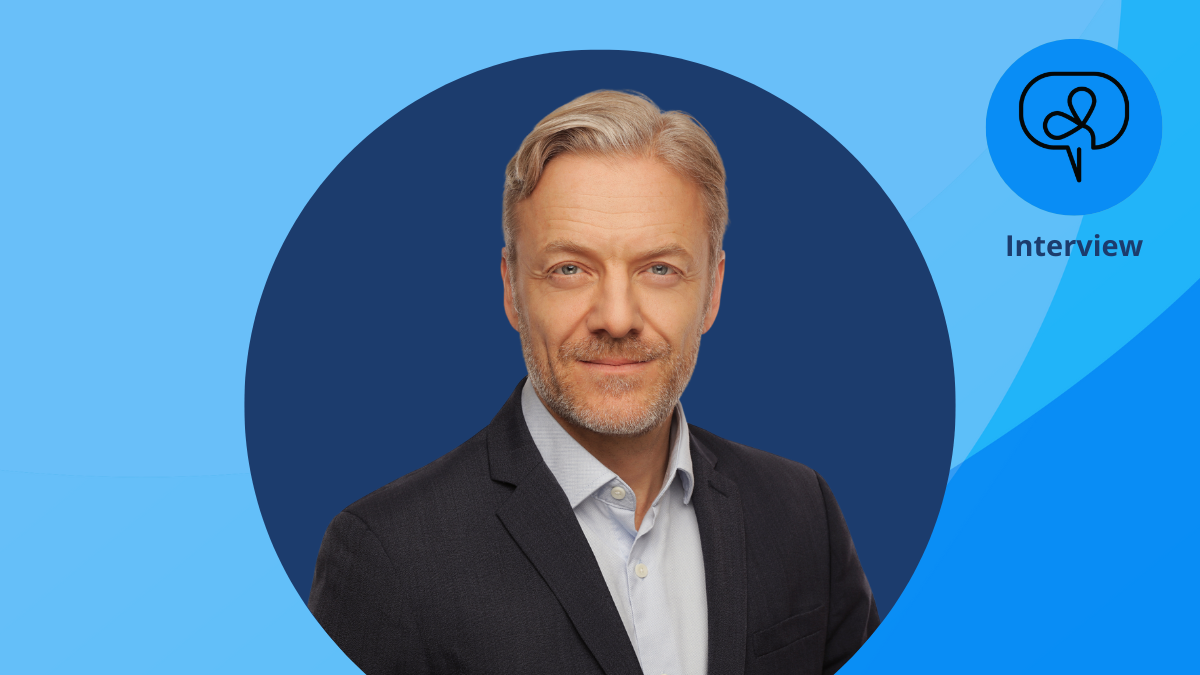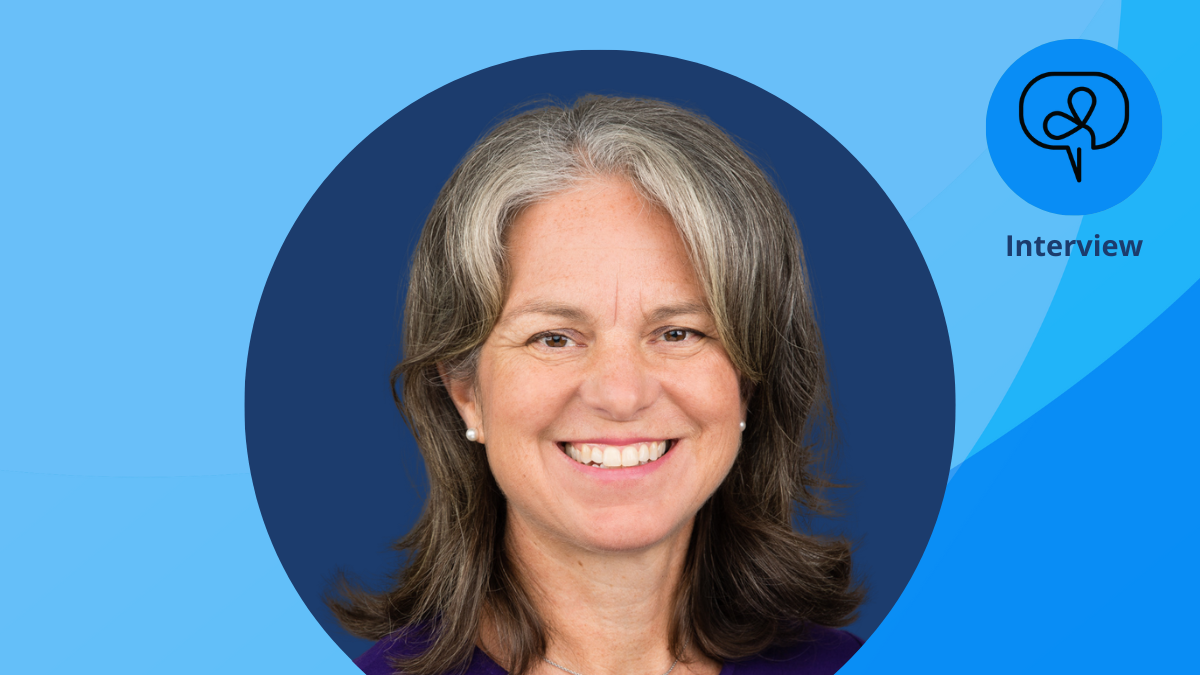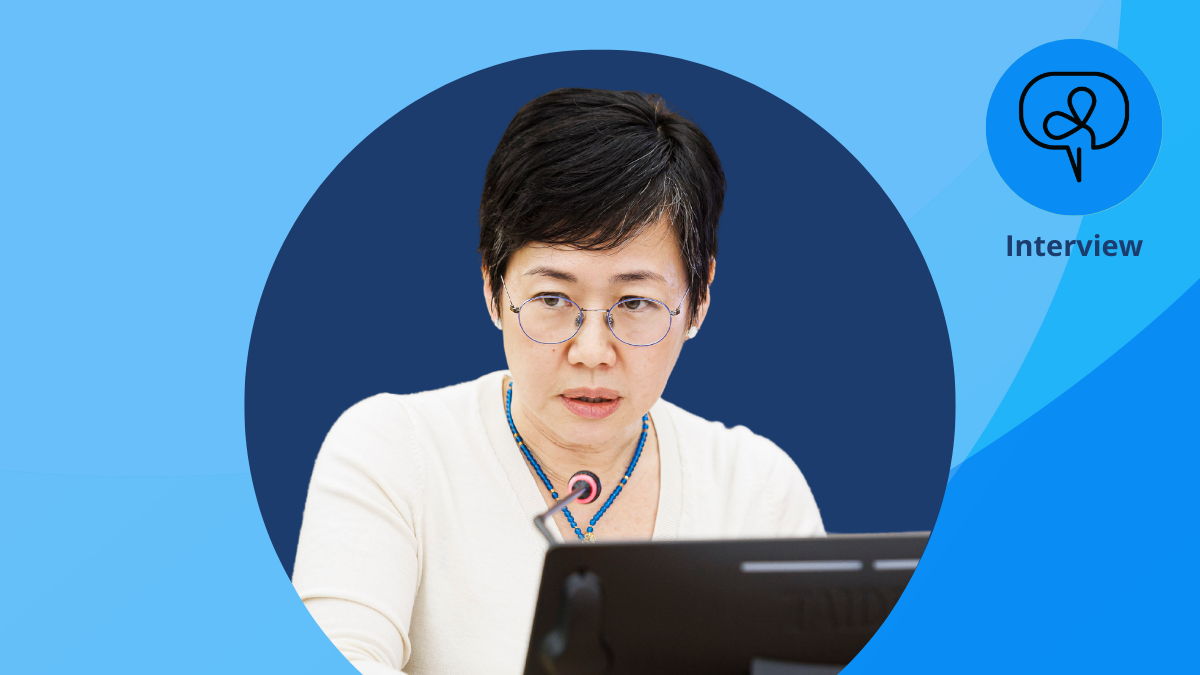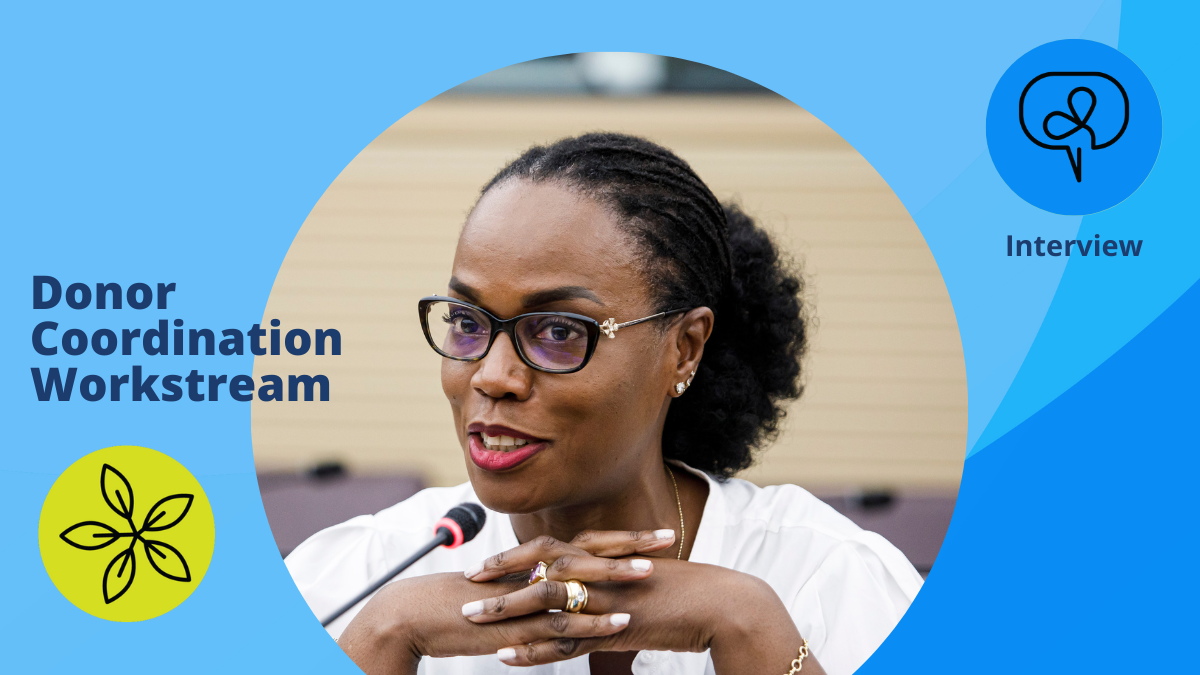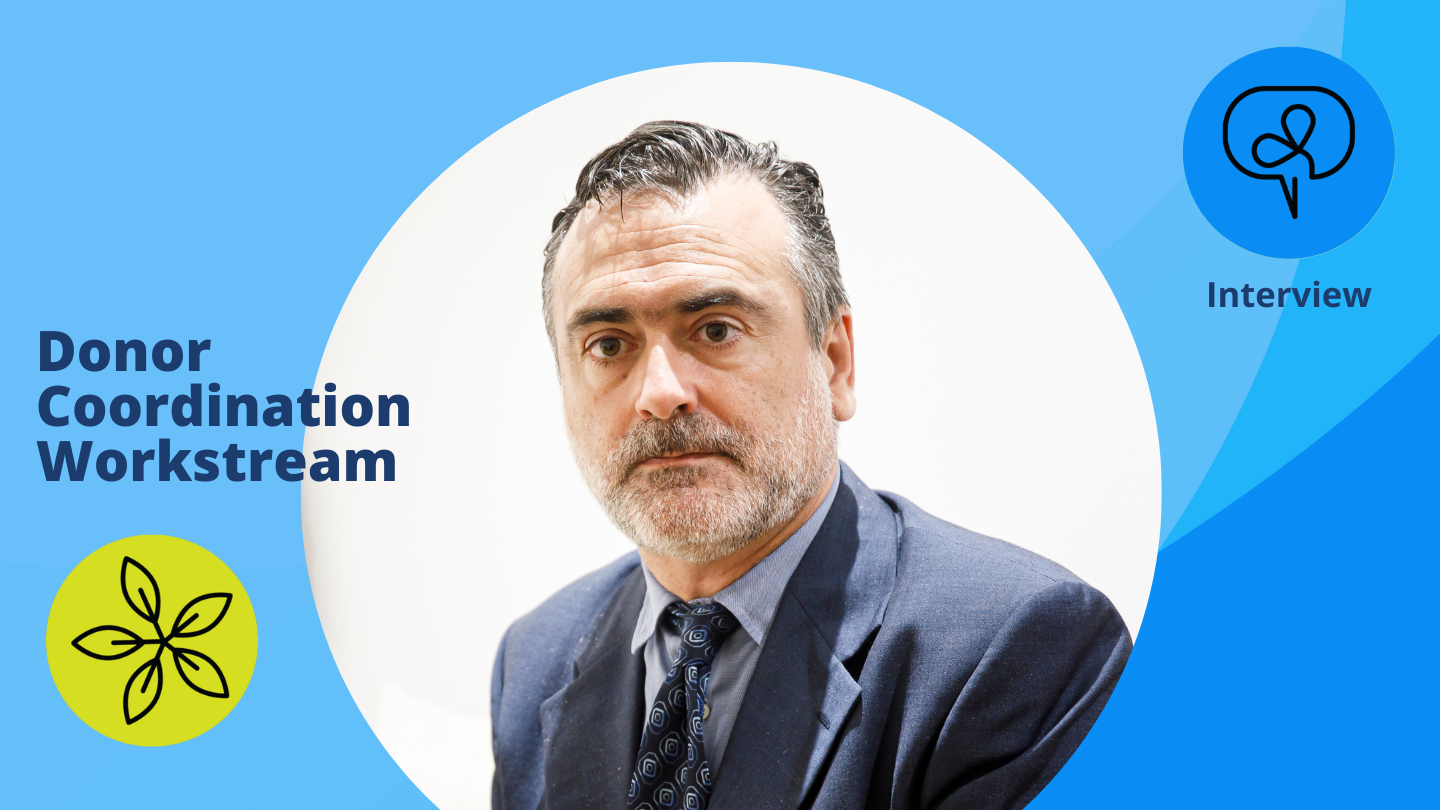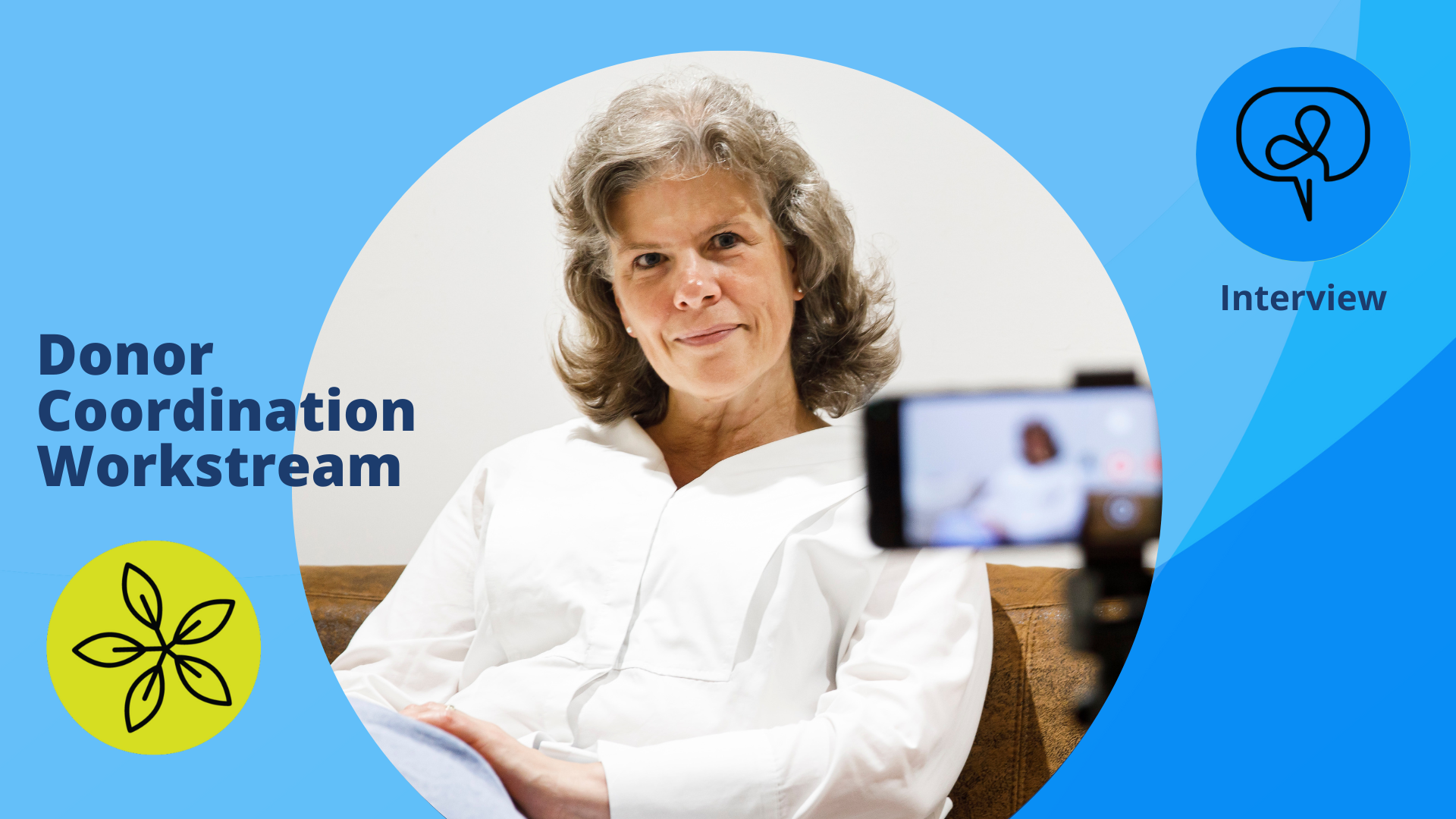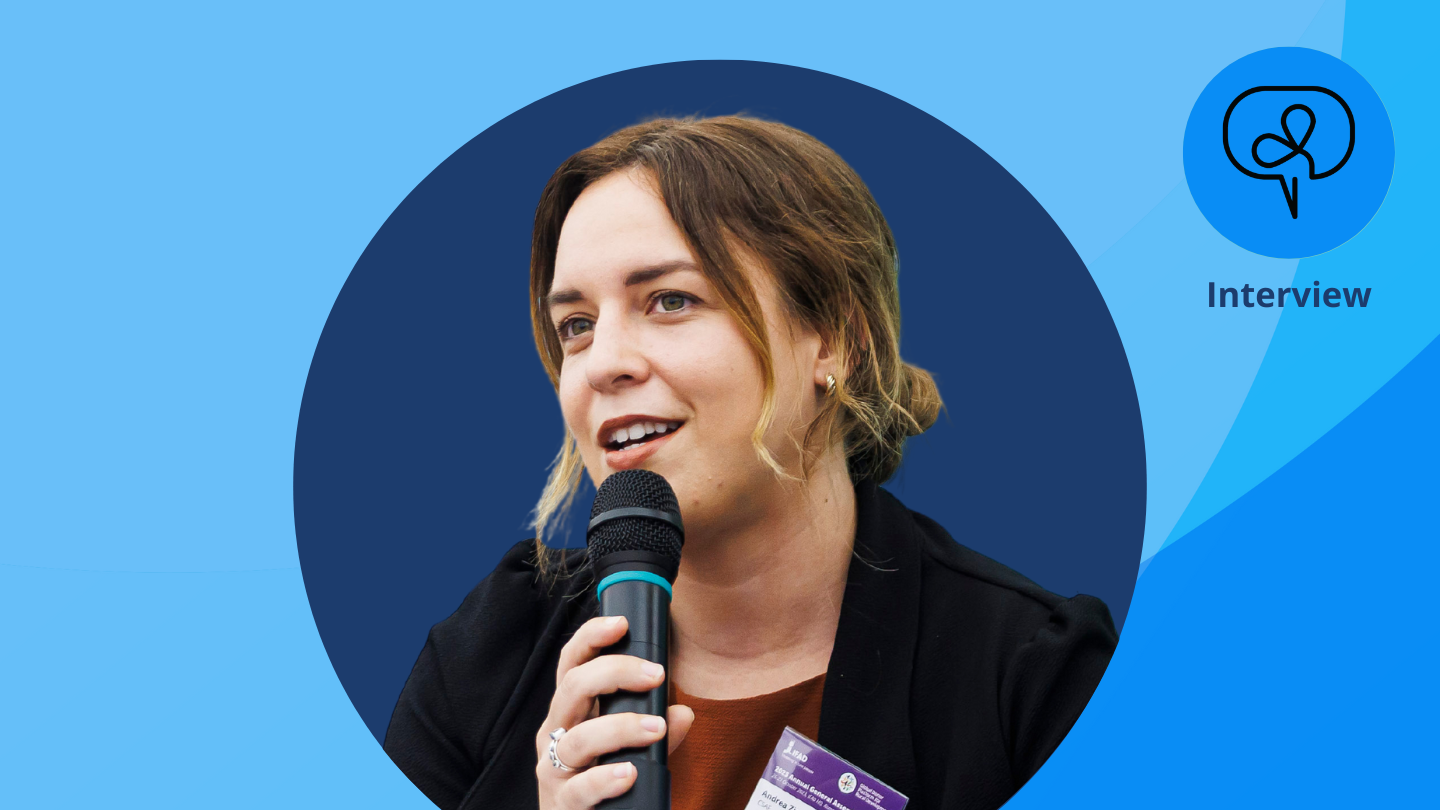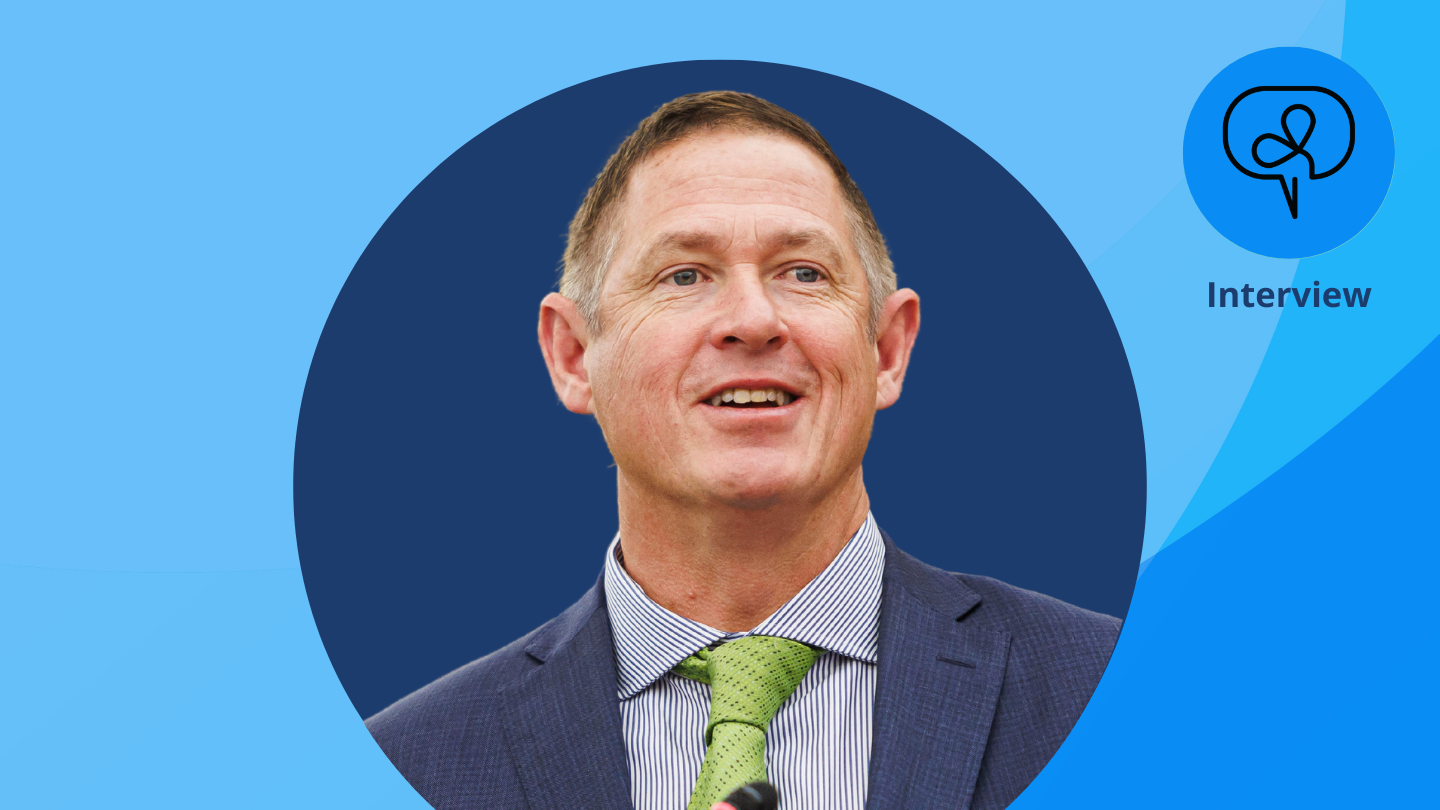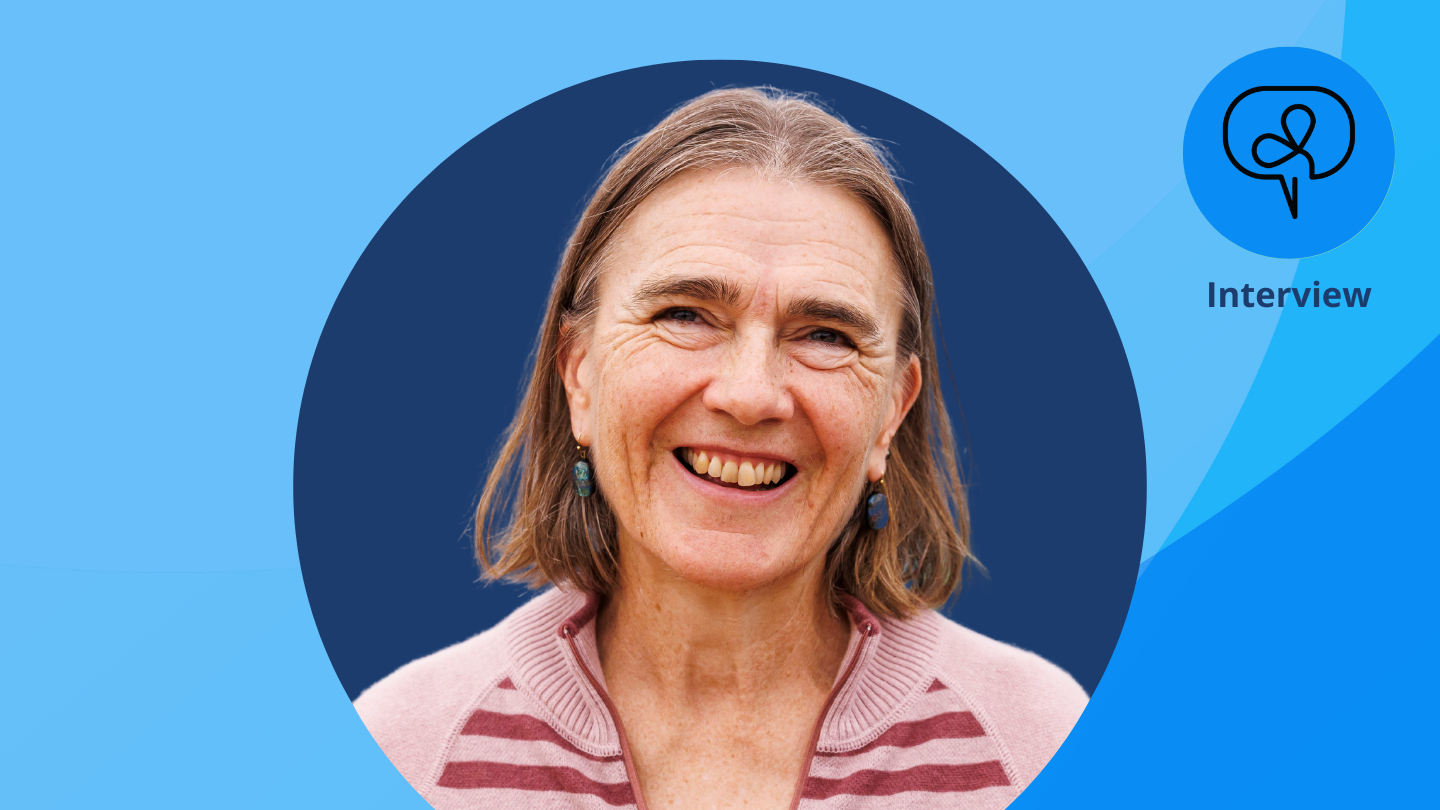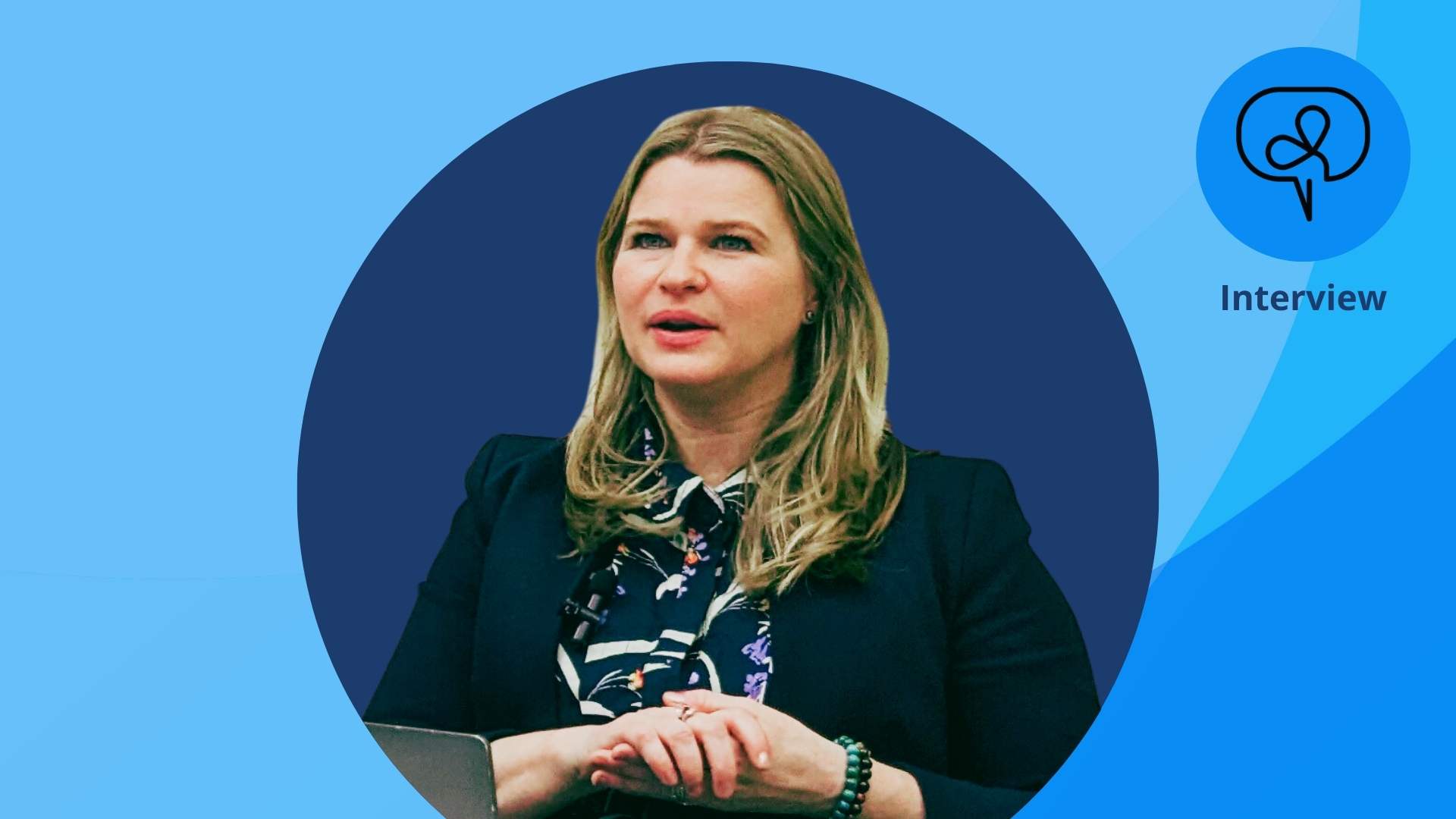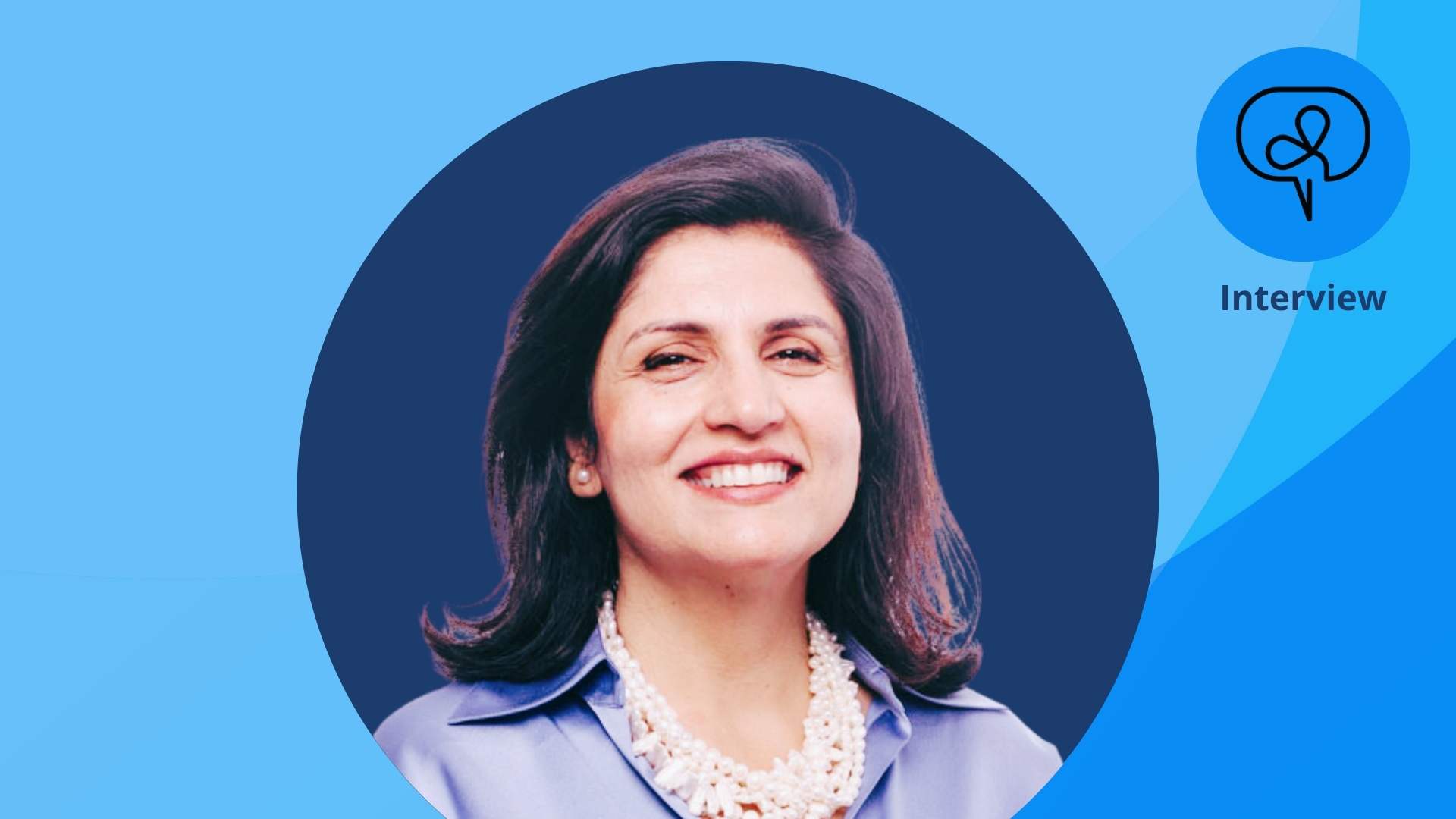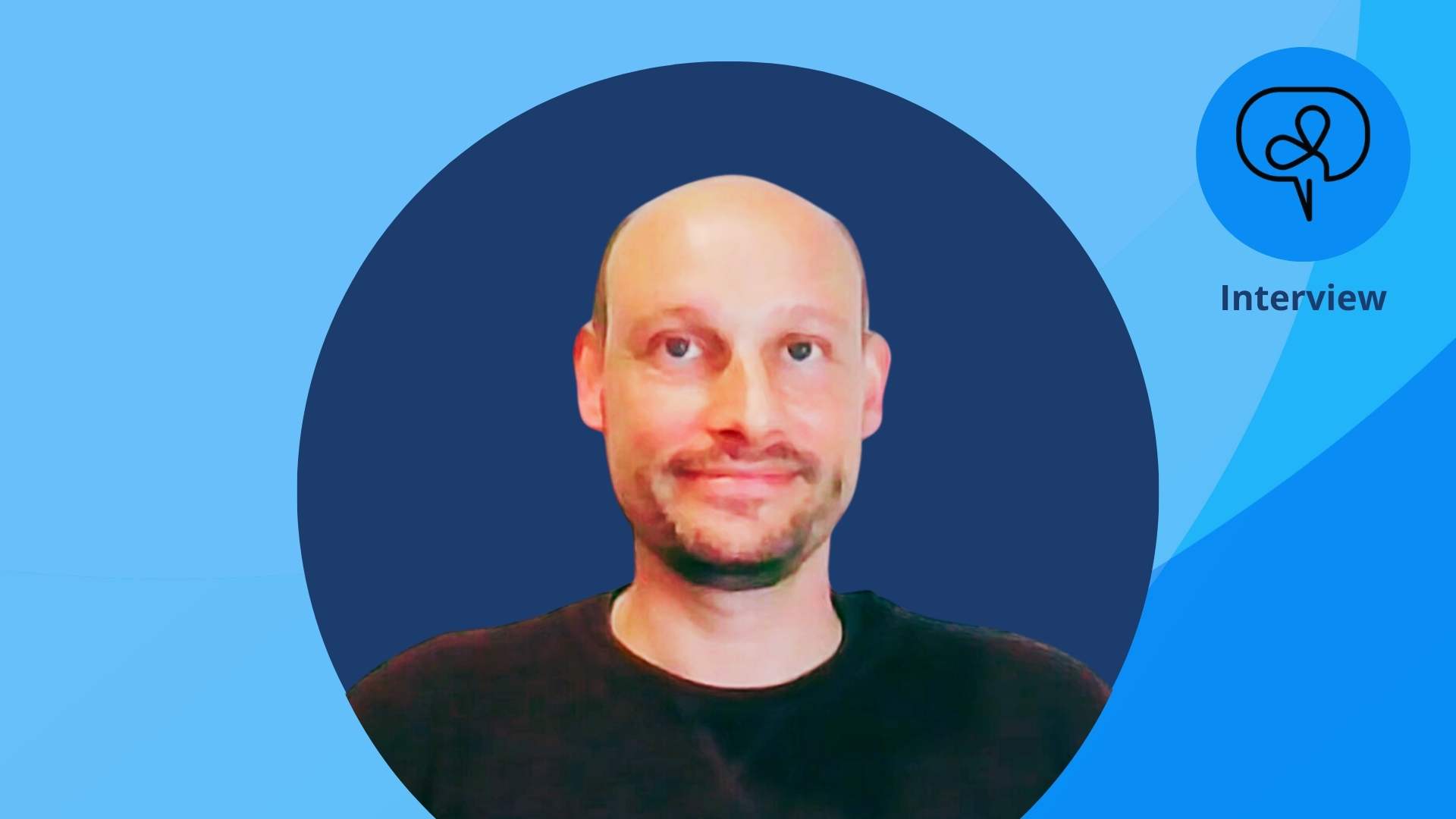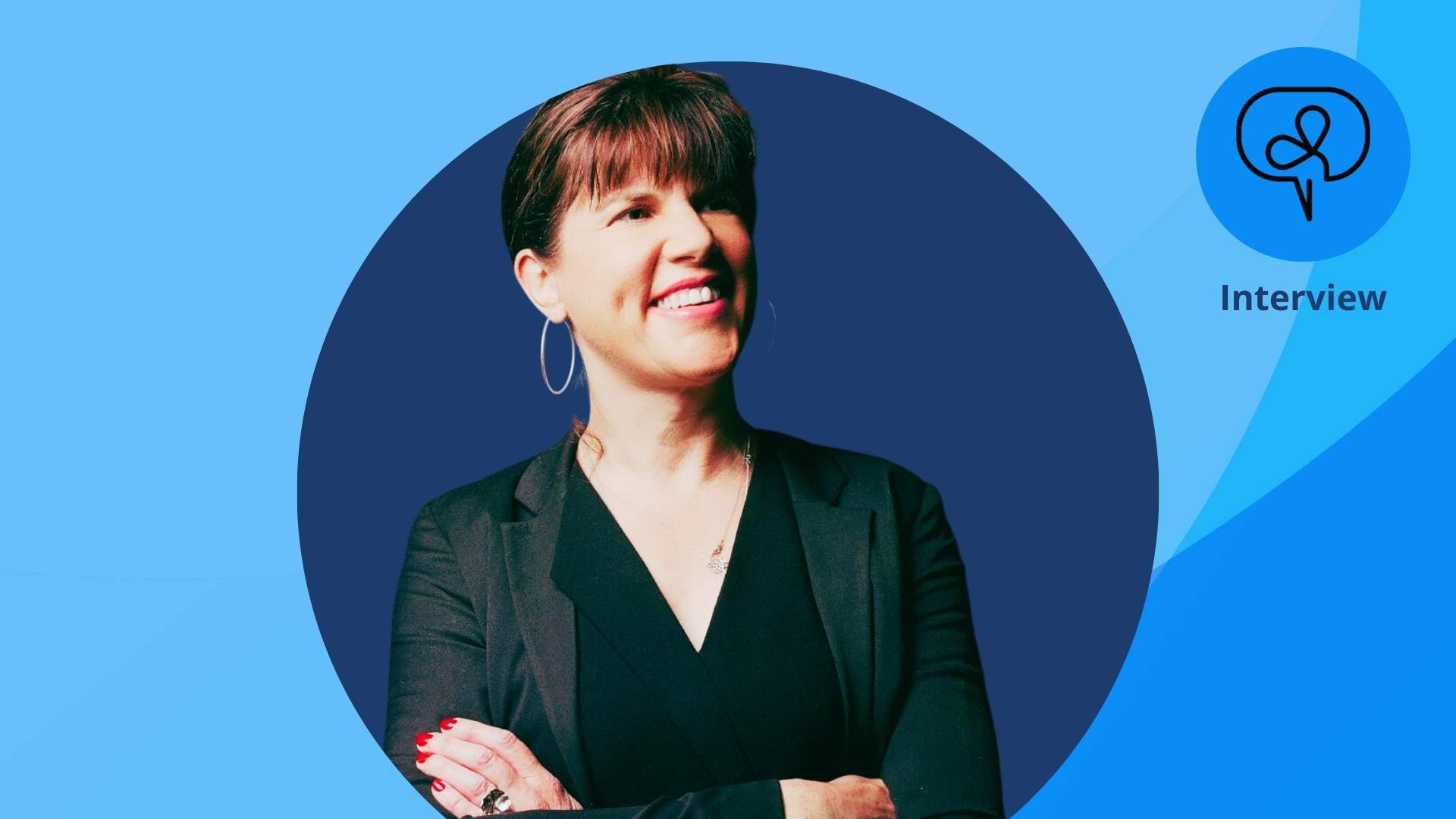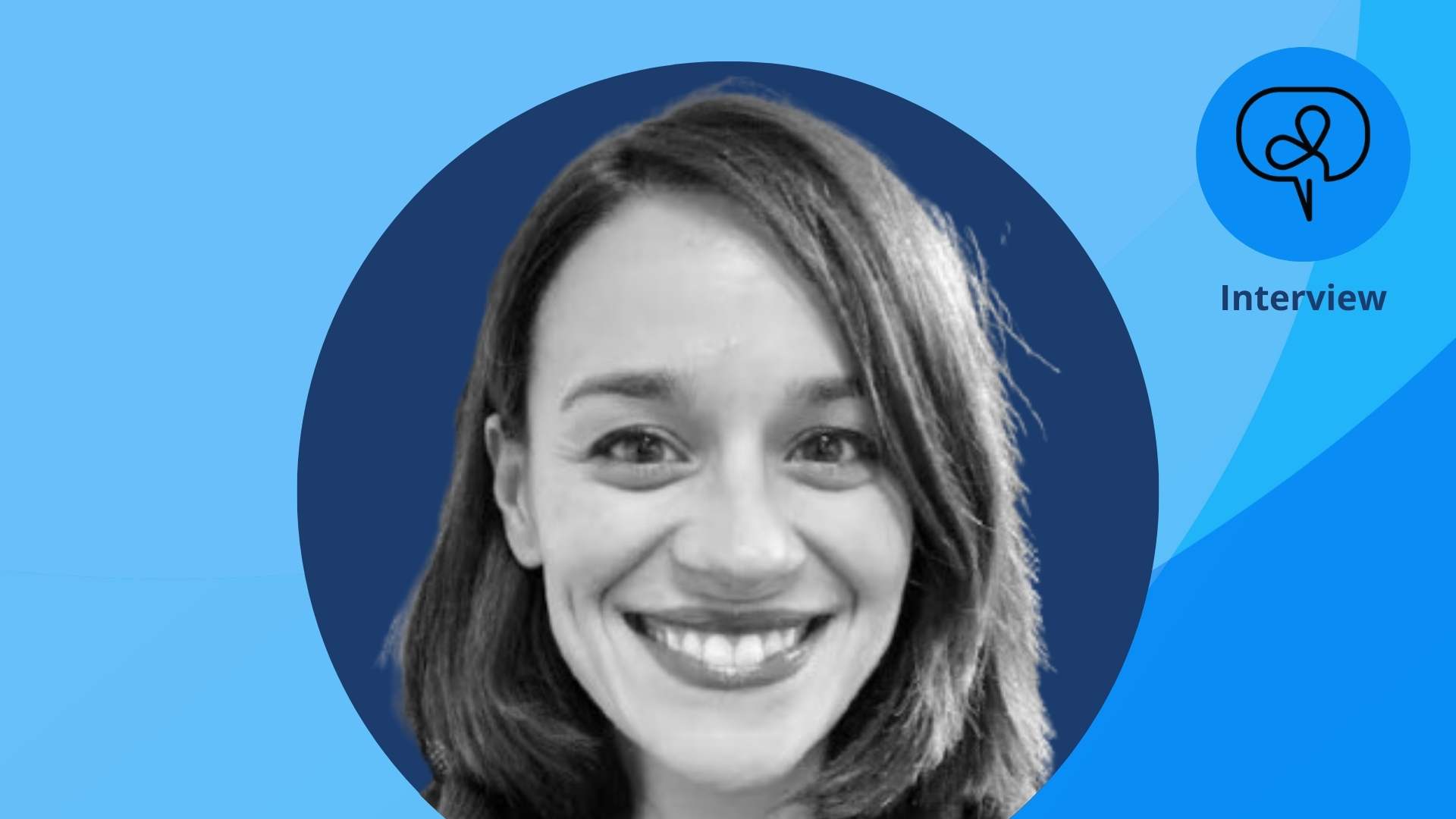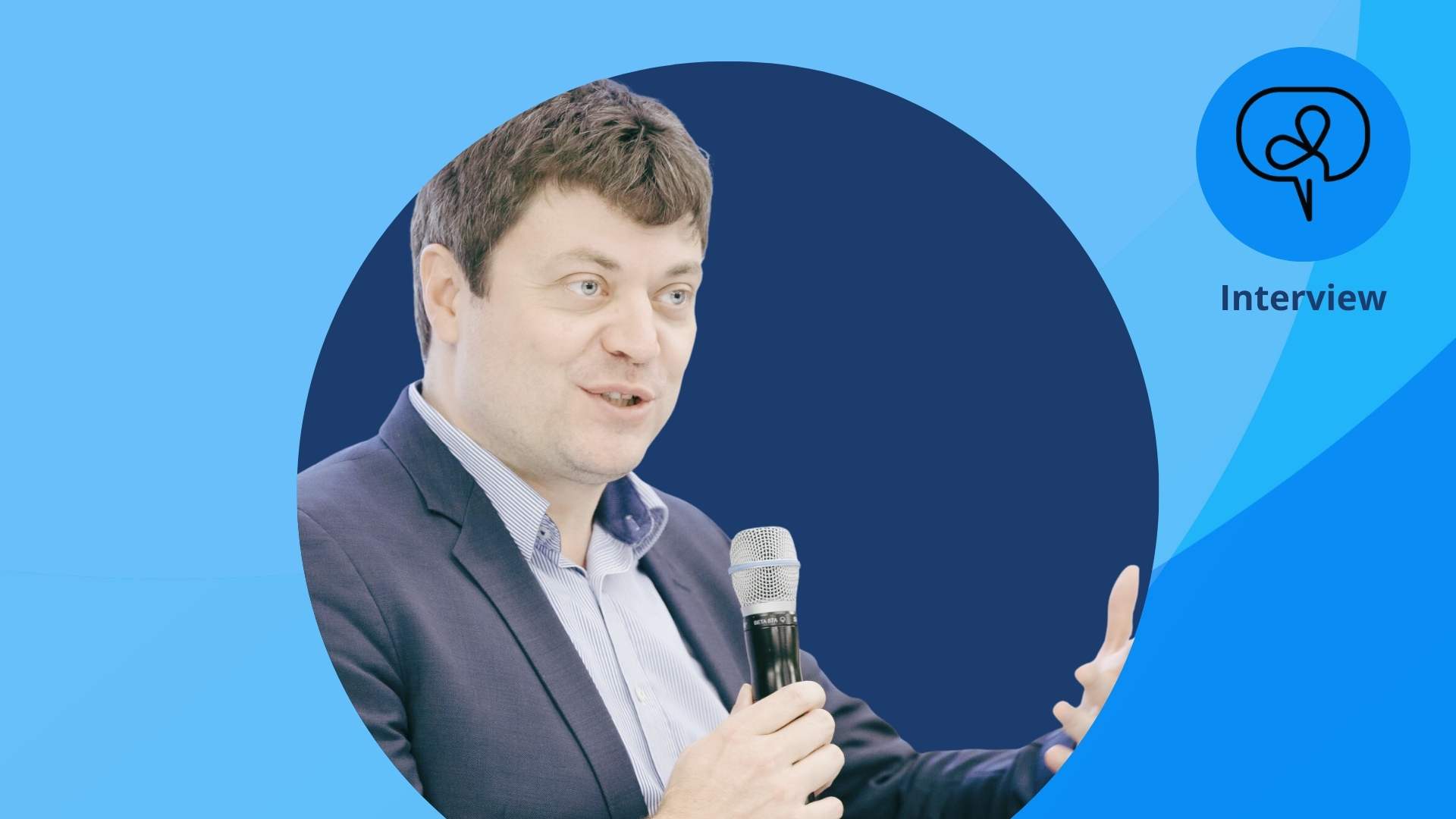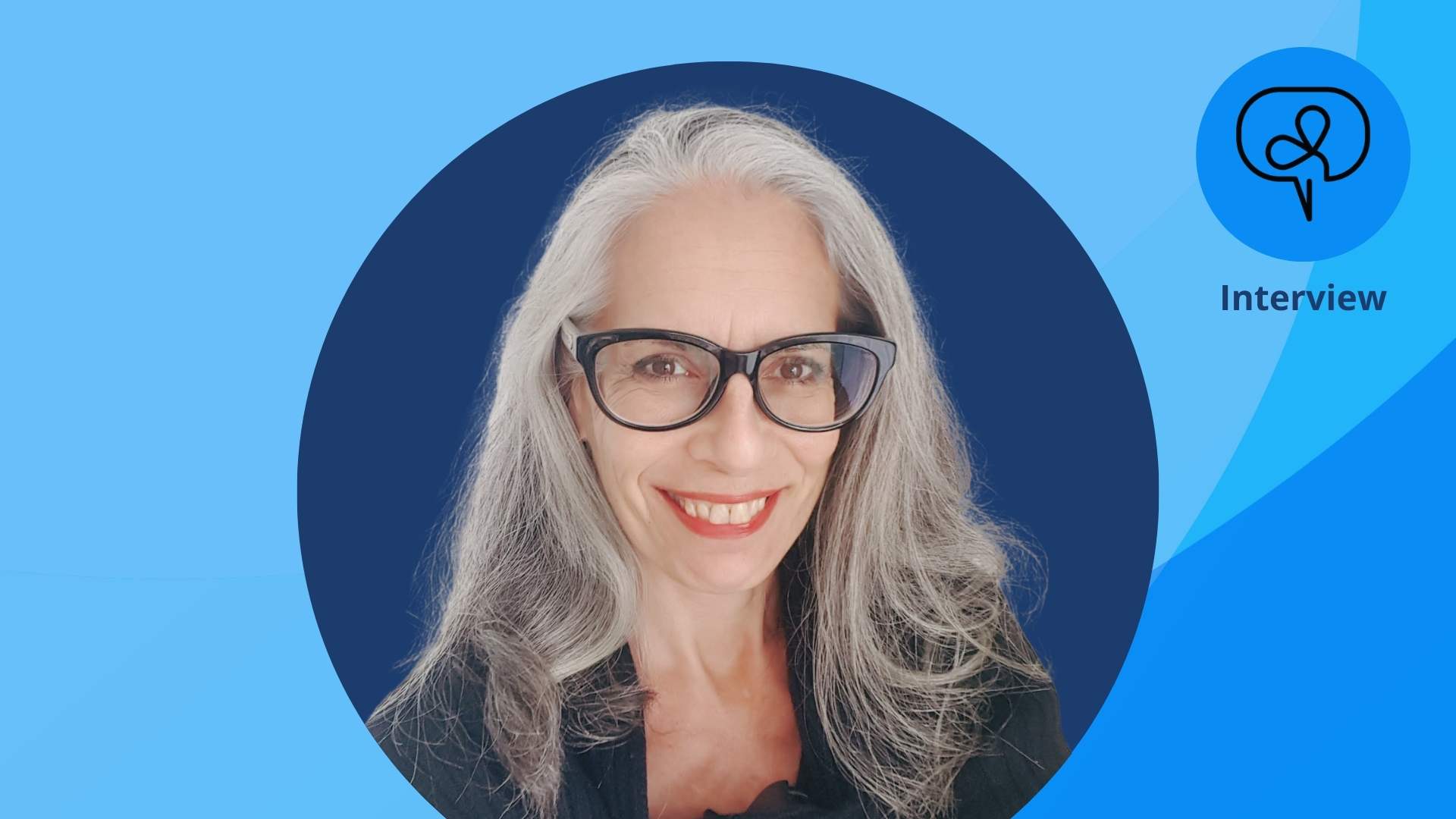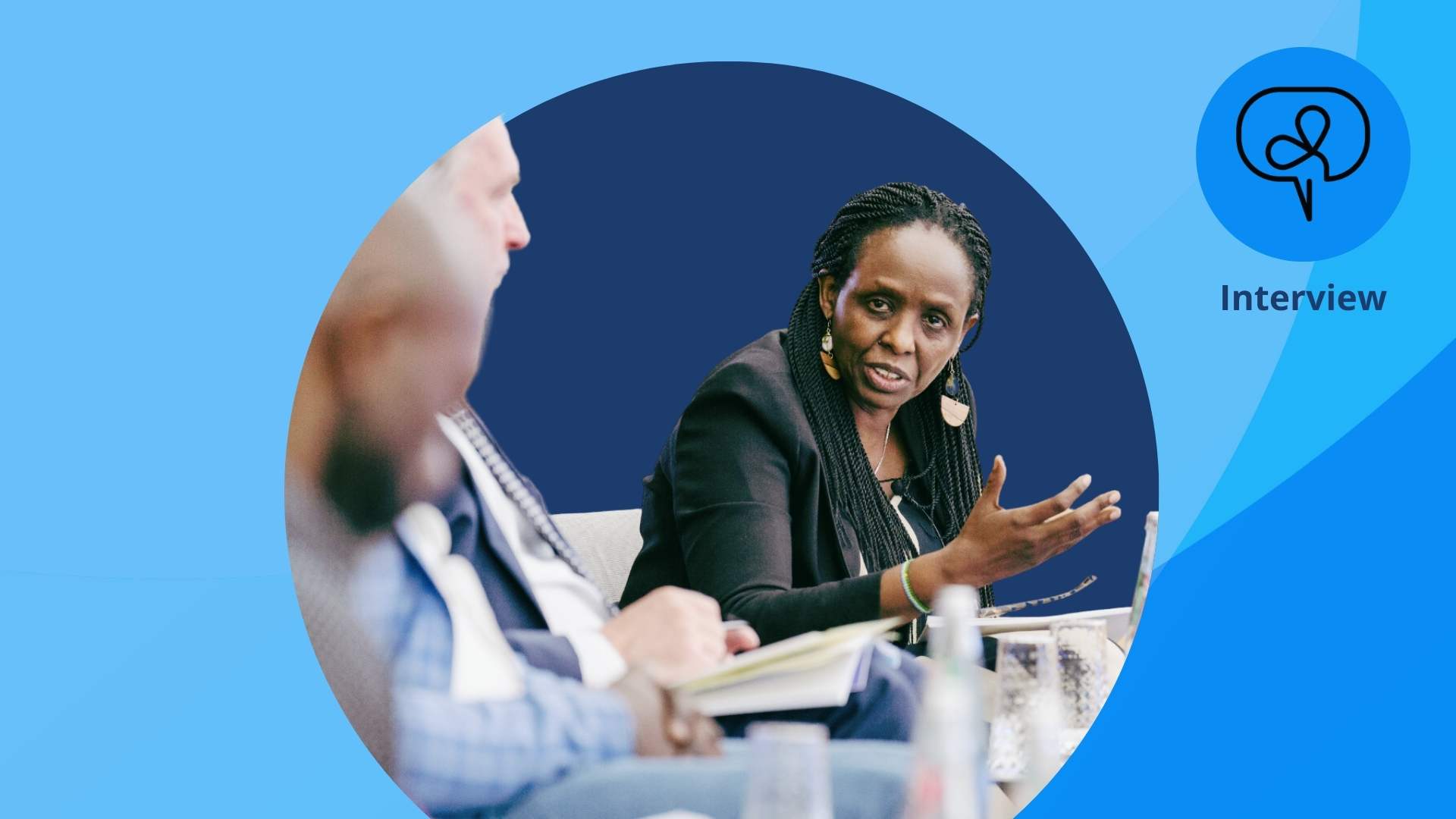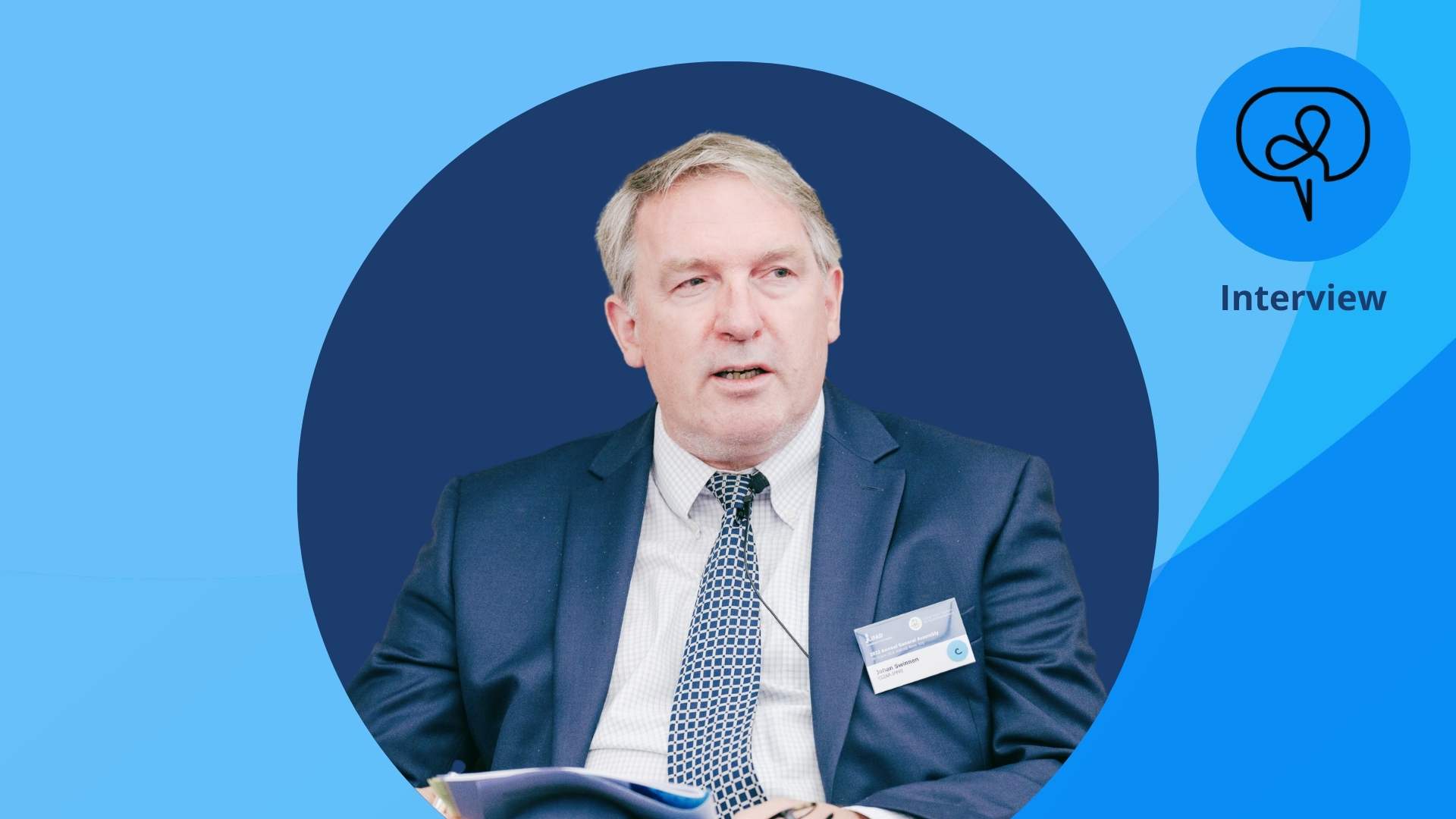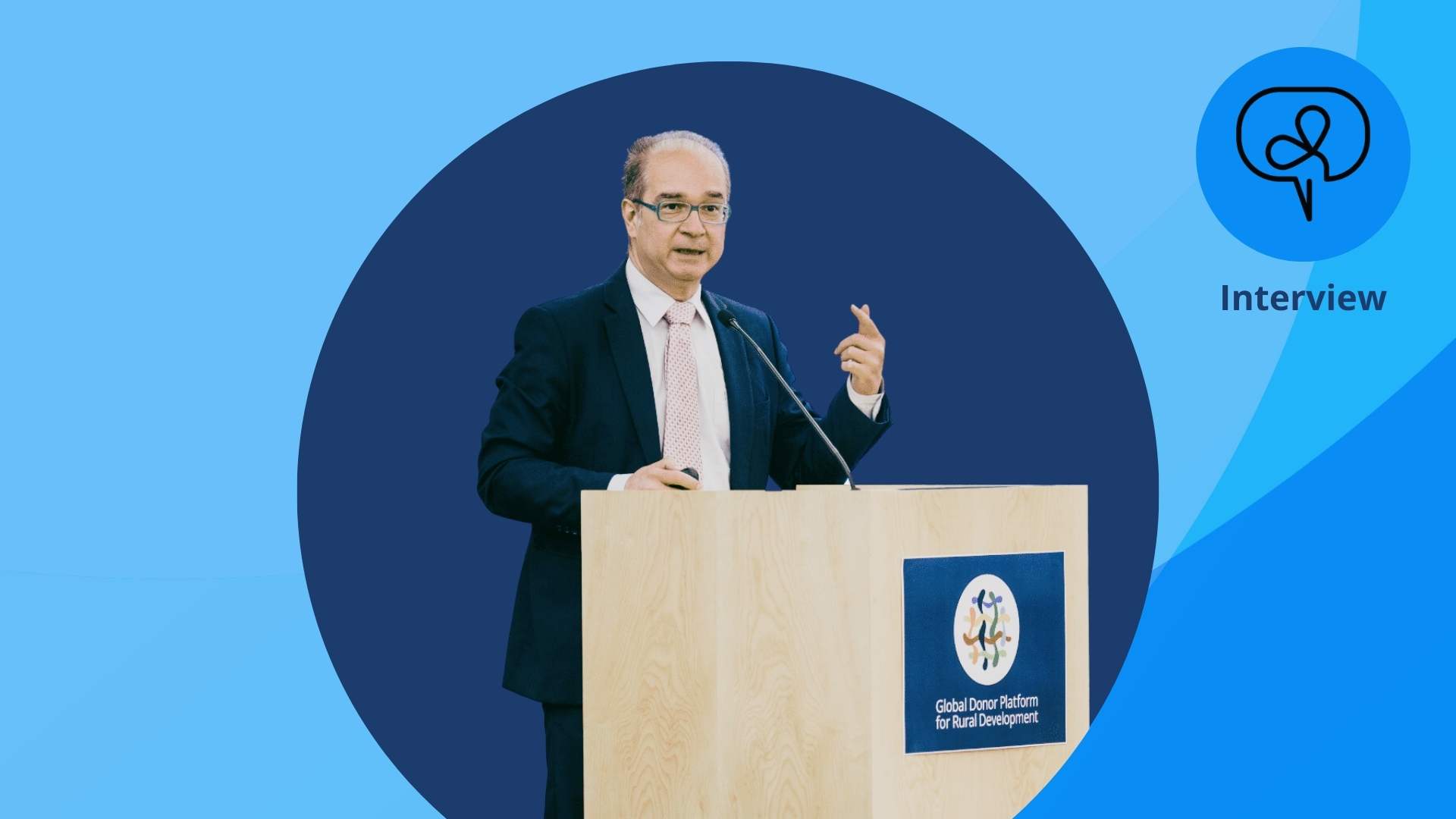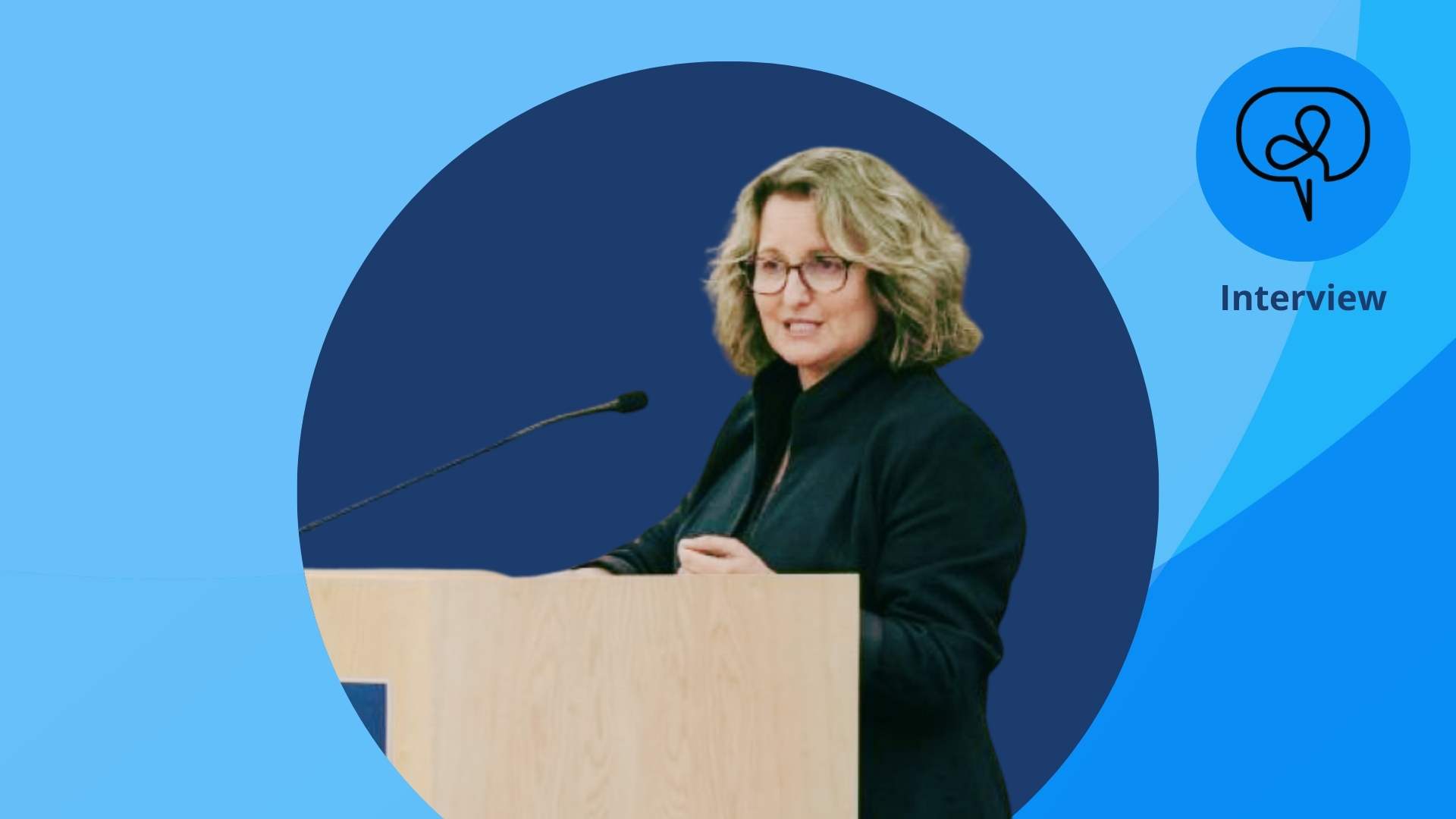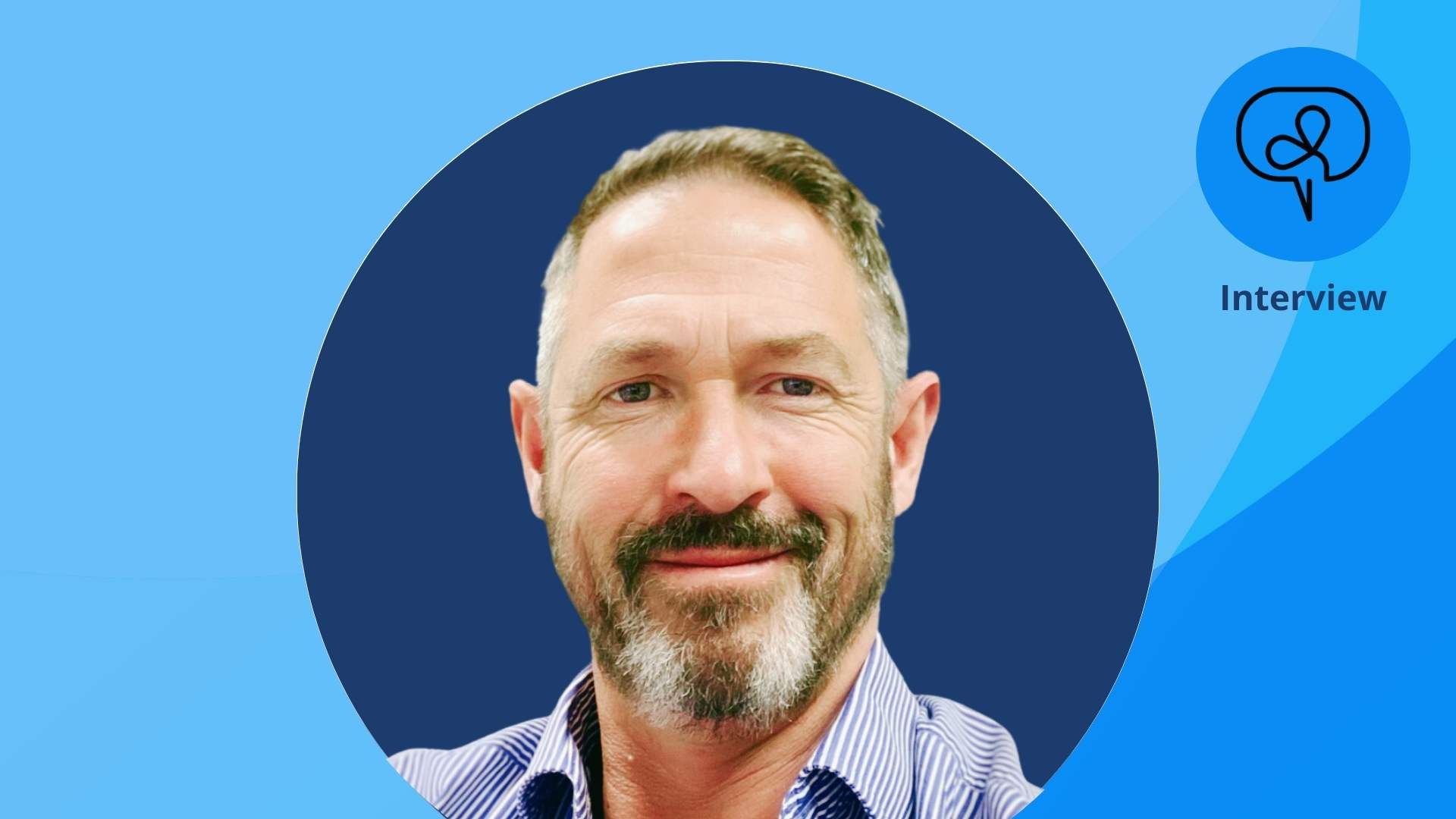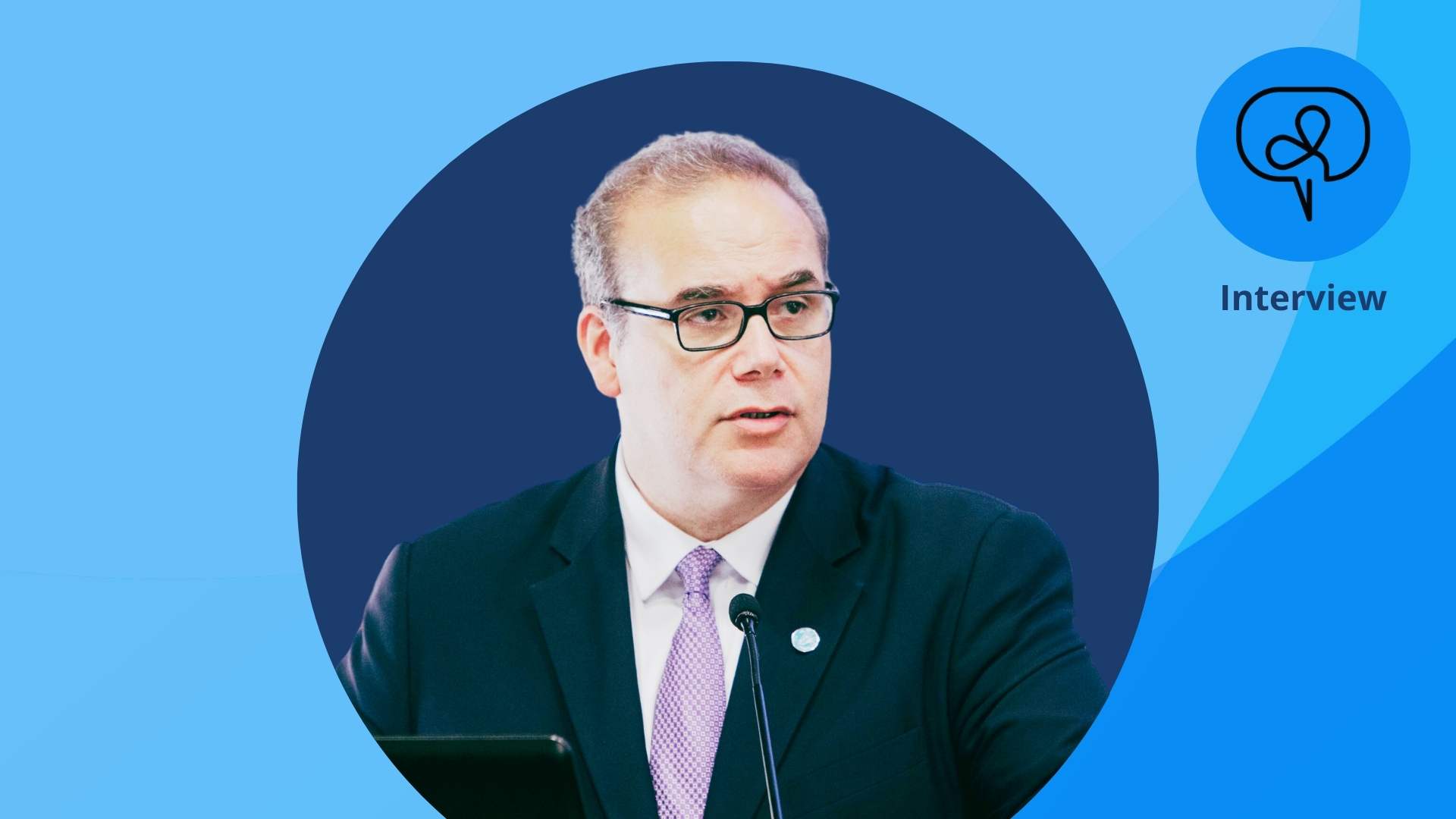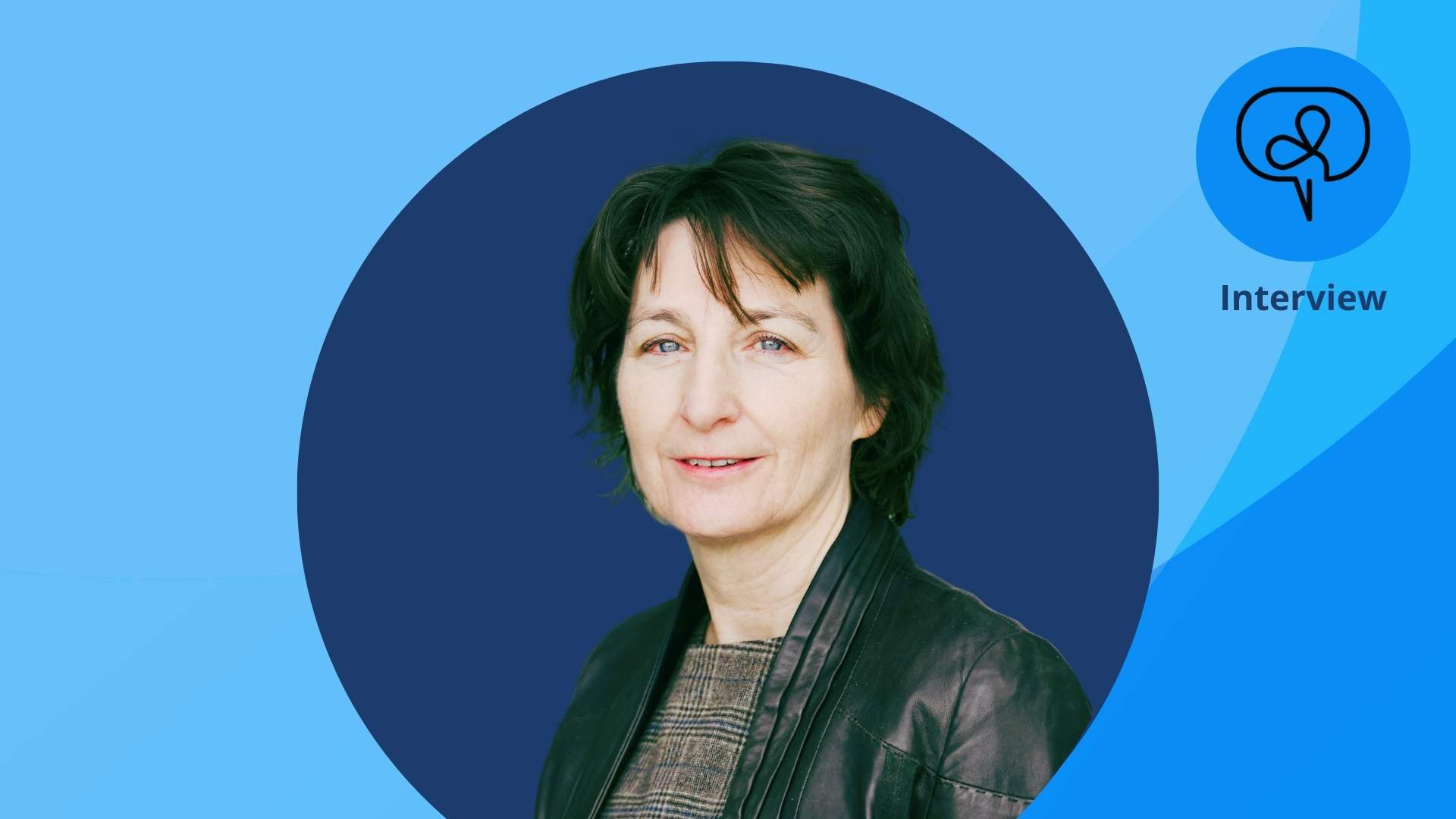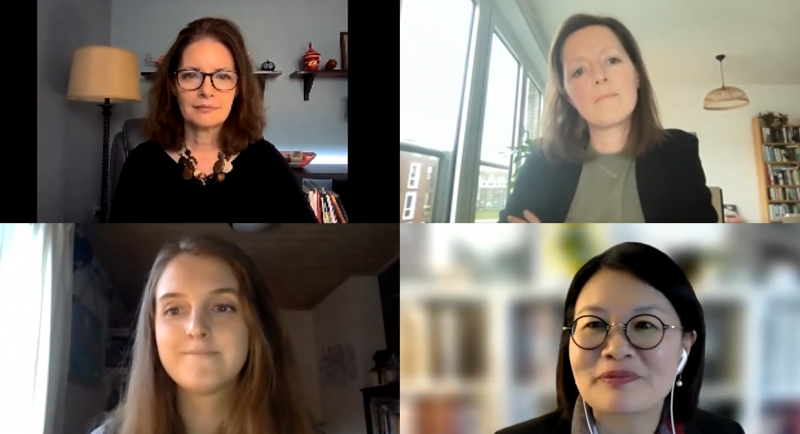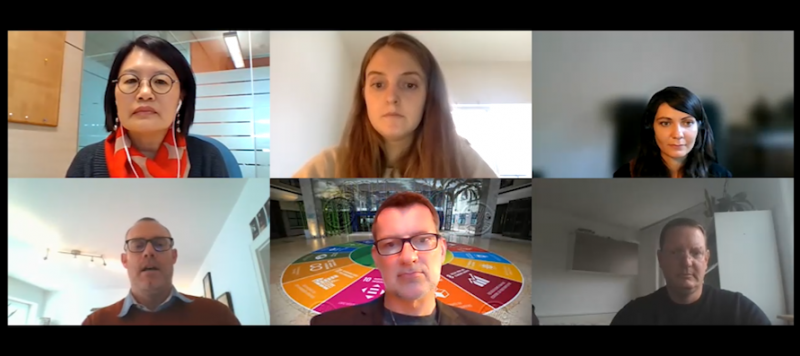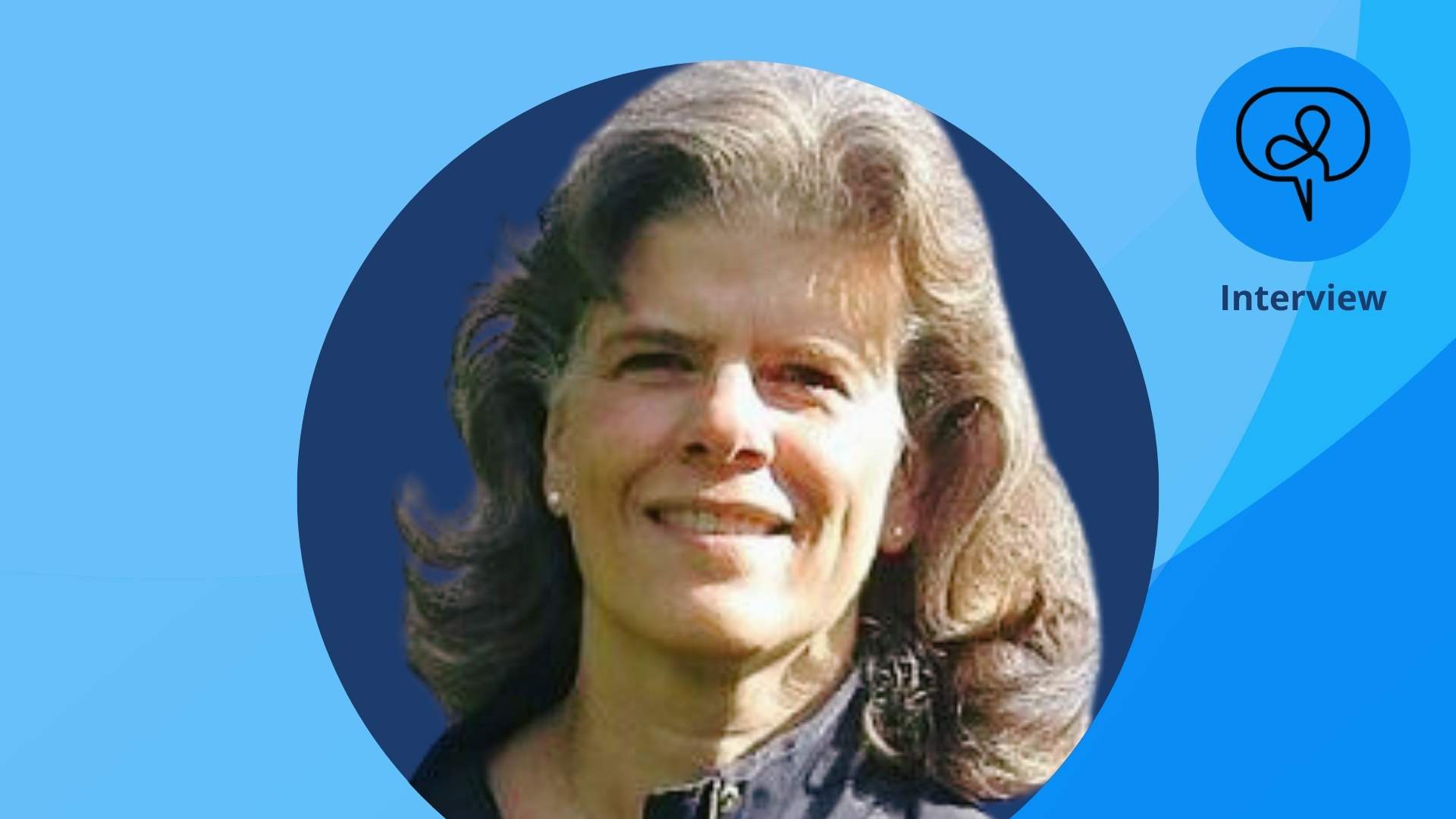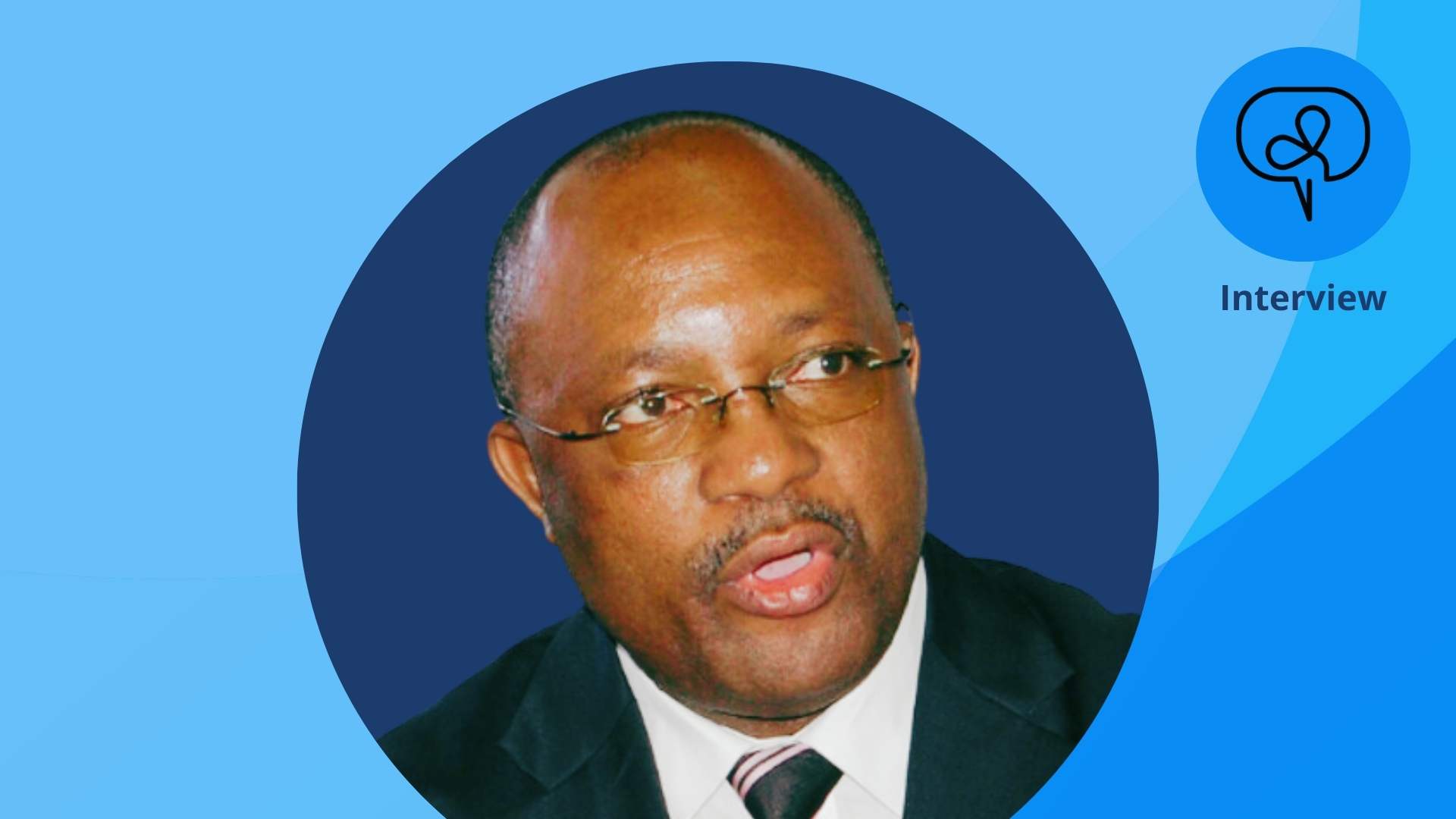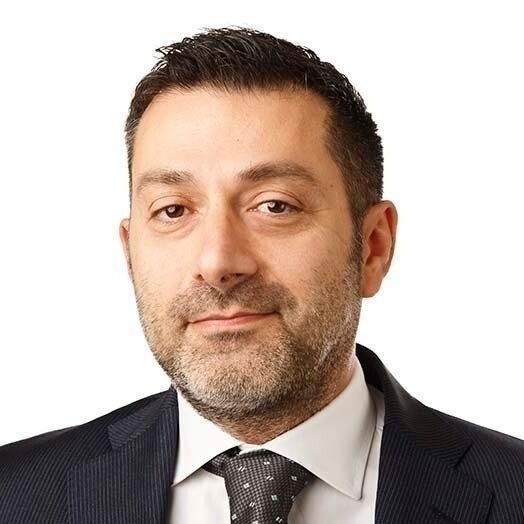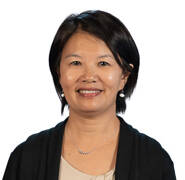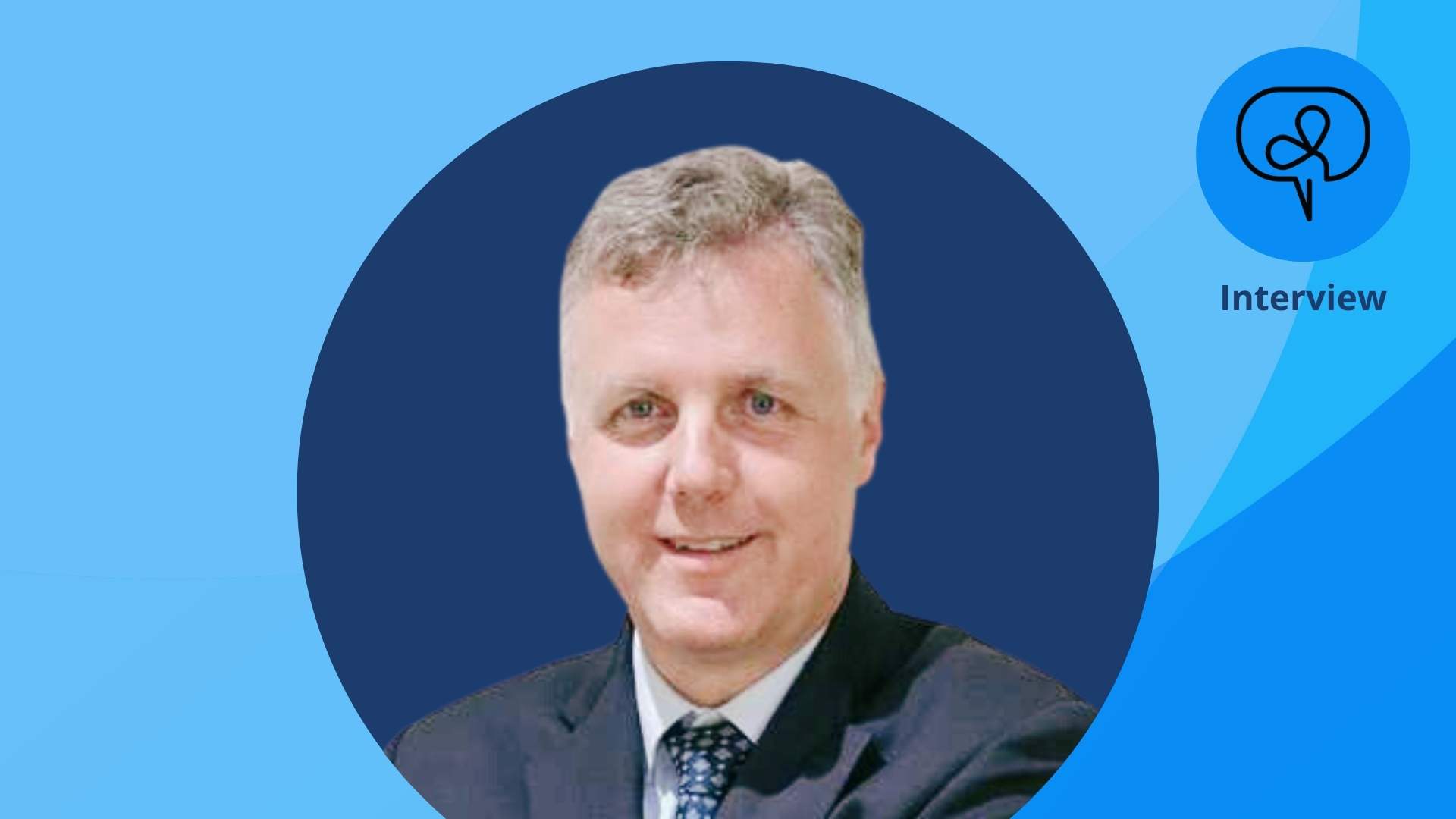
A conversation with Bruce Campbell/Switzerland, GDPRD Board member
Agriculture and food security remain high on Switzerland’s development priorities. Cooperation is key to balancing emergency assistance with building long-term resilience, both crucial to ensure people’s livelihoods are never at stake.
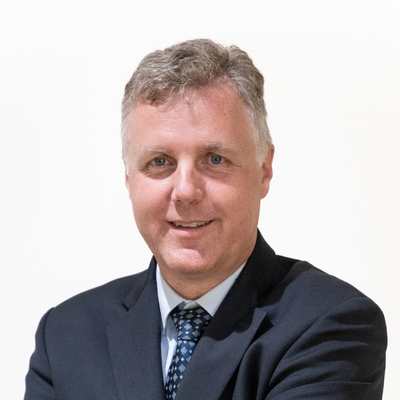
Bruce Campbell
Senior Policy Advisor – Food Security
Swiss Agency for Development and Cooperation – SDC
Co-Chair of the Global Donor Platform for Rural Development
Bruce Campbell is the Senior Policy Advisor of Food Security at the Swiss Agency for Development and Cooperation (SDC). He is also a Board Member of the Global Donor Platform for Rural Development.
Secretariat: What are Switzerland’s priorities in its engagement in agriculture, rural development and food systems? Could you share some examples of collaboration and coordination with other donors in these areas?
Bruce: Food systems are vastly complex, so at SDC, we narrowed our field of operations to a smaller number of interrelated areas that are manageable and represent Switzerland's core added value. These are health, nutrition, inclusive market systems and agroecological food production.
We link consumption and production through inclusion of the private sector. We case this in a context of enhanced global governance to ensure we're taking the big picture into account. We link our work with the global dialogues and priorities of our partners and co-donors.
Organizations and mechanisms we're working with along with other donors include the SUN Donor Network, the International Land Coalition or the recently created Transformative Partnership Platform on Agroecology working closely with the European Union and France, and coalitions of the UN Food Systems Summit where we're engaged on agroecology and healthy diets from sustainable food systems. Initiatives to unlock the potential of the private sector, and in particular impact investors, include bilaterally the Small Safety Net Upscaling Programme (SSNUP) and Aceli Africa. Larger multilateral organizations include CGIAR and IFAD and private sector foundations.
Cooperation has always been important to SDC. We need as many brains and purses as possible around the table to make the impact we want. We've been adopting a food systems approach to sustainable and resilient food security. This is reflected in the name change of our organizational unit to “food systems section”.
Secretariat: Against the backdrop of multiple global crises, how do we, as donors, balance the need to increase resilience in rural populations while making sure emergencies also receive sufficient support? And what is Switzerland doing in this regard?
Bruce: It is incumbent upon us to provide humanitarian assistance that saves lives and avert suffering in the short term, but we also have to continue thinking about long-term solutions.
SDC recently underwent a reorganization to set the humanitarian-development-peace nexus more centre stage and tie this approach to other strengths, such as decentralization of funds to enable rapid resource mobilization and linking with our partners. We try to respond to situations as they develop, placing funding decisions as close to the recipient populations as possible. This means our country offices have more autonomy in the way they place funding amongst organizations or how they initiate programmes and projects.
Switzerland works closely with UN agencies for emergency assistance. But we make sure we do not relent on longer-term solutions, and we see the private sector as an important source of innovation and finance for transforming food systems.
Bruce Campbell | Swiss Agency for Development and Cooperation (SDC), GDPRD Board Member. This video is a recording of the interview, conducted by the Secretariat of the Global Donor Platform for Rural Development in January 2023.
We have to be careful we do not gamble with people's livelihoods. Food system transformation has to be taken in incremental steps with positive proofs of concept rather than through ideology.
Secretariat: What do you see are the emerging opportunities and challenges in the future of food systems? What do you think it takes to TRULY achieve “a paradigm shift” in how donors look at food systems, and particularly in financing for development assistance?
Bruce: Food systems are still poorly understood and systemic thinking not often practiced institutionally. The trade-offs and choices do not necessarily come naturally to the individual actor. Systemic fields are often segregated, and specialists may not share a common vocabulary or resources to communicate effectively with each other. With the food systems approach, we have an opportunity to link these people around a common discipline and literally put food on the table. We are also working on bringing biodiversity, nutrition and health together as they are all related to food systems.
We have to be careful we do not gamble with people's livelihoods. Food system transformation has to be taken in incremental steps with positive proofs of concept rather than through ideology. We recognize the importance of individuals and the private sector because without their buy-in, any transformation would ultimately falter. We need to provide startup capital, create de-risking mechanisms and incentives, and experiment with innovative solutions. More than half of our projects engage directly with markets, with a view to leveraging the private sector.
Agroecology brings together the concerns of economic, environmental and sustainability, linking these to social well-being and upholding the importance of participatory solutions and human rights. Some may consider contemporary agroecology as anti-business or anti-technology, but this could not be further from the truth. Modern agroecology seeks to harness technology and scientific know-how, and to even the path for the private sector to embrace agroecological methods and to flourish.
Secretariat: What is the biggest value you see in the Global Donor Platform for the donor community, and as it approaches its 20th anniversary this year, how do we keep it useful to its members?
Bruce: GDPRD members have a common denominator in terms of values, views and objectives. This makes it possible to work productively on approaches in a more informal way than in the fora of multilateral mechanisms.
Much talk about the need to transform food systems is often expressed in vague terms. The GDPRD can contribute by being concrete about what food systems transformation, in incremental steps, actually means.
Other coordination mechanisms were created for different purposes under different circumstances, but there is still a danger of overlap and redundancy. The GDPRD should be that informal space for donor discussions and to test ideas before being taken into the larger fora. We can build trust and familiarity, and ensure conversations are regular and conceptually continuous.
Secretariat: You have an extensive and interesting background in rural engineering, international cooperation and conflict transformation. From your perspective, what gives you hope for this year ahead?
Bruce: Recent years have been very difficult for many across the world, demonstrating how fragile our political, environmental and economic systems are, and emphasizing our need to take care of them.
On a positive side, these developments have focused minds, and policymakers are now more aware about what we are up against and the need to work together to reach clear results. We should uphold positive values such as human rights, pursue sustainable development, keep ideology at bay and work pragmatically on small, incremental solutions. We need to overcome those silos. This gives me courage that we are not lost and can make a difference this year and next.

